Onwards.
Always nice with books that try to explain it all,
as Hossenfelders latest book, Existential Physics.
In the end it is all about our desire
to minimize surpise...
and the Free Energy principle?
In a world full of surprises...
See: Spacetime is not fundamental.
Indeed, great to have something to read
during those long
Autumn 2022 evenings...
And someone to chat with...
See AiDungeons (more about GPT-3 chat),
or show you ''art'': Art Generator...
Impressions from Denmark. October 2022.
See: Autumn in Denmark.
Impressions from The Language Technology Conference 2022
(In Copenhagen. November 2022).
See: Sprog Teknologi 2022.
Impressions from Bletchley Park, January 2023
(Home of the codebreakers, Turing and others).
Milton Keynes, UK.
See: Bletchley Park
and London (January, 2023).
Existential Physics.
Review of, and thoughts about, Sabine Hossenfelders's book ''Existential Physics''.
Atlantic Books, 2022.
From: Simon Laub
NewsGroups: rec.arts.sf.written, rec.arts.sf.science,
comp.ai.philosophy, comp.society.futures
Subject: Existential Physics.
Date: Wed, 19 Oct 2022. 19:10:16.
In Sabine Hossenfelders book ''Existential Physics''
things get started
with the observation that reality is
a somewhat tricky thing...
E.g. in Special Relativity ''now'' is not the same thing
for all observers.
For some observers a supernova explosion and
your birth happen simultanously,
but for other observers
the supernova explosion happens at the same time as your death.
Giving us, that your death exists at the time of your birth...
Indeed, in the ''Block Universe'', the future, the present
and the past exist in the same way.
They are equally real.
We just don't experience them in the same way.
(In the ''Block Universe'') Time is a landscape.
And perhaps information is never destroyed anyhow.
Perhaps, information (about something) is something that just ''moves on'',
when time ''moves on''?
- I.e. (information) might just
be spread out
- when time ''moves on'' - and difficult to see,
but it is still there?
Surely, enough craziness for one day, but, well,
that is just the start of the book...
How do we really know anything?
(Case in point) Lets assume:
That the planet Earth
began its existence a mere 6.000 years ago,
with all fossil
records in place and stones well weathered.
From there on, evolution proceeded as
scientists say.
How could you prove this story wrong?
Well, and this is clearly somewhat problematic..
you couldn't...
Moving further back in time things only get worse.
In the early universe all current theories
states that the initial conditions were ''simpler'' than
later on.
I.e. if the initial conditions
aren't simple, then the theories don't have much in terms of
explanatory power
(Sure, a theory that explains all times
without assuming certain initial conditions
is something else.
But that is not where we are).
A hypothesis that states that the universe started out
in a state of low entropy,
(a state that was very unlikely),
can easily explain that entropy grow,
but it doesn't explain
why the initial condition was a very unlikely state.
Just postulating it, without explaining it, sets
limits to what has actually been explained...
And then there is the problem of induction...
The philosopher Bertrand Russell has compared it to
a chickens attempt at inferring the laws of living on a farm.
The chicken is fed reliably every morning at 9 AM.
Until one day the farmer chops of its head.
Same thing with the (hypothetical) ''vacuum collapse''...
One day everything is fine with the vacuum,
the next, without warning, the Universe is wiped out [1].
Our knowledge only goes so far, and as Hossenfelder reminds us,
there is a reason that if you follow links on
Wikipedia
''you are likely to end up on pages about
philosophy''.
In the end, the answer is often ''we don't know''...
When it comes to the human brain, one could argue that
it is just a matter of simulating all of the atoms, atom by atom,
in the brain, and then that would lead to conscious thoughts...
Hossenfelder seem to agree with that.
To her there is
nothing like ''more is different''.
So, simulating the parts should
be enough.
But, the problem is, of course, that there are just too
many atoms
in a brain to make this something one can do on
a computer anytime soon.
Still, the argument goes,
with the right configuration,
with the right information,
then you simulation would work...?!
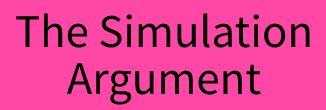
Which leads to the ''simulation argument''.
Why not assume that we actually live in a simulated world?
But, well, that is not something Hossenfelder agrees with...
The Universe contains too much information,
so you would
run out of disk-space...
Or you would have to care less
about (some) details of your simulated universe,
and only
fill out (these) details when needed.
Here Hossenfelder asks
us ''what kind of computer code can do that?''.
Finding explanations that fit with all of your previous observations
to high precision is really difficult, she observes.
And so it seems that she has killed the simulation
argument..?
But well, not so fast.
You could, of course, just pause a simulation when you need
to ''fill in blanks'' (make big updates)
- no one in the simulation would know...
And if you really ran into deep consistency problems,
you could again just pause the simulation, and alter the memories
of the 8 billion conscious beings you are simulating,
in order to make ''things right''. No problem.
Just saying that the ''real'' Universe is infinite,
(and therefore can't be simulated)
is (really) equally ''unscientific'' - how could we then ever know about
the details, how it really works,
about something that is ''infinite''...
Surely, infinity is problematic for all theories...
Things get worse when we get to the quagmire
called ''free will'.
If you think that all higher order level properties
of system, say a human, derive from the lower levels, then
something like ''free will'' will derive from
the behaviour of particles - because everything does.
And then there is no ''free will''...
The obvious joke here is then the question:
So, how did you arrive at this conclusion?
Did you use your free will to come up with
the conclusion that you have no free will?
A joke that Hossenfelder has anticipated,
and then uses as an argument for her case
that her readers do not have
''free will''...
Well, well...
Indeed, in other areas of research we are cautioned not
to have opinions about things, where our knowledge
is incomplete.
But when it comes to brains and consciousness,
Well, then everyone seem to have opinion
- and are eager
to go down into the rabbit holes...
Assuming that you could indeed
know what brains will do
- If you could just simulate it all.
All of the atoms of the brain.
And assuming that
that current laws of physics are
now correct and complete, not to be improved upon (in the
coming centuries)
in ways that would invalidate
these atom by atom simulations.
... then sure ...
But this is not where we are ...!?
Still, talking about things like ''free will'' is always fun.
And Hossenfelders book is certainly a great read!
Loads of thoughts to keep everyone entertained
for years to come!



-Simon
Simon Laub (Let me Google that for you).
www.simonlaub.net
Free Energy.
Review of, and thoughts about, Anil Seth's book ''Being You''.
Faber, 2021.
From: Simon Laub
NewsGroups: rec.arts.sf.written, rec.arts.sf.science,
comp.ai.philosophy, comp.society.futures
Subject: Why do you read science fiction? The Free-Energy principle!
Date: Wed, 20 Oct 2022. 12:51:43.
Optimization is important for people, animals and machines.
Everyone wants to maximize expected reward (expected utility),
and minimize the complement (prediction error, expected cost) [2].
Which brings us to the ''Free Energy principle''.
The free energy principle describes the behaviour
of a given system by modeling it through a Markov blanket that tries
to minimize the difference between their model of the world and their
sense and associated perception. This difference can be described as surprise.
And is minimized by continuous correction of the world model of the system.
Now, as Anil Seth explains, in his book ''Being you'',
this does not mean that:
A living system can get away with retreating into
a dark and silent room and staying there, staring at the wall.
You might think that this would be an ideal strategy, since
sensory inputs from the external environment will become
highly predictable. But it is far from ideal.
Over time, sensory inputs signalling other things, like levels
of blood sugar and so on, will start to deviate from their
expected values: You are going to get hungry,
if you stay in the dark room for too long.
Sensory entropy
will start to grow, and non-existence will loom.
Complex living organisms need to ''allow things to change
in order stay the same''.
Minimizing sensory prediction error
in the long run
means that you have to get out there and
explore the (your) environment
in order to keep reward
(expected reward, expected utility) up, and
its complement, surprise (prediction error, expected cost), down.
At least these are the necessary information-theoretic behaviours
of systems that maintain a separation from their environment.
In other words - you die, if you don't play along those lines.
In brief, for a well-defined agent to exist, it must
occupy a limited repertoire of states; for example, a fish in
water...
Agents must avoid surprising states (e.g. a fish out of water)
[3].
If we change the environment or our relationship to it,
sensory input
changes.
Therefore, action can reduce free-energy (i.e.
prediction errors) by changing sensory input, whereas
perception reduces free-energy by changing predictions.
''In short, we sample the world to ensure our predictions
become a self-fulfilling prophecy and surprises are avoided''.
Anil Seth writes in ''Being You'', that even octupuses are like that:
On this particular day, David had chosen a tank in the left-hand
row, about half way along. When I walked in to see
what was going on. I was astonished to see all the octopuses
on the other side of the walkway pressed up against
the glass of their tanks, every one of them staring
intently at David, while he repeately lowered his objects
into his chosen tank.
The observing octopuses seemed to be trying to
figure out what was going on, for no other reason than the sheer
interest of it.
Of course.
(Sure, you might not be an octopus...)
Still, you also need to know what
could happen out there.
So, no suprise that you need to read you daily dose
of science fiction!
-Simon
Simon Laub (Let me Google that for you).
www.simonlaub.net
Spacetime is not fundamental.
From: Simon Laub
NewsGroups: rec.arts.sf.written, rec.arts.sf.science,
comp.ai.philosophy, comp.society.futures
Subject: Spacetime is not fundamental. So, you are not something in Spacetime.
Date: Tue, 1 Nov 2022. 10:45:48.
According to cognitive psychologist Donald Hoffman,
you are not something in Spacetime.
Because, well, Spacetime isn't really a fundamental thing...
Instead, Spacetime is an emergent thing [4].
Hoffman is inspired of work by physicist
Nima Arkani-Hamed and others.
Interpreting Nima Arkani-Hamed's work, Hoffman argue:
That we can start by saying that Spacetime has no operational meaning below the
''Planck scale'',
roughly 10-35 centimeters and 10-43 seconds [5].
For instance, to measure the position of a subatomic particle with higher resolution, we must use radiation of a smaller wavelength.
Quantum theory tells us that as wavelengths shrink their energy grows.
But, as we increase resolution we pack more energy, and therefore more mass, into less space.
When the resolution approaches the Planck scale,
the density of mass grows so large that gravity spoils the party, creates a black hole, and destroys our measurement [6].
Indeed, quantum field theory and gravity together warn us that spacetime is not fundamental.
Still, they cannot tell us what is fundamental, what lies beyond spacetime.
We must take a creative leap. We must propose a new theory,
with new structures and processes beyond spacetime. This is fun,
exciting and speculative. But there is a rule. Any theory we propose
must project onto spacetime. The physics of spacetime must arise,
precisely, as a special case of our new theory. Quantum field theory
can't say what objects lie beyond spacetime, but it can veto bad hunches [6].
What about us (according to Hoffman):
Yes, our senses guide adaptive behavior. But, no, they are not a window into (absolute) reality.
...And that's what evolution did for us. Spacetime and physical objects are just our VR headset.
They let us play the game of life, blissfully ignorant of the nitty-gritty of a reality beyond [6].
So, what is reality really...
The BCFW recursion relations hinted that there may be structures beyond spacetime [6].
This hint was pursued by a colleague of Witten at Princeton, Nima Arkani-Hamed,
who with his graduate student Jaroslav Trnka discovered, in 2013, a remarkable geometric object, the amplituhedron....
(Where, among other things, Amplituhedron theory challenges the notion of spacetime locality [7],
when used to describe scattering amplitures of particles described by this theory [8]).
According to Hoffman:
Particles are in spacetime. Yet things like an Amplituhedron is postulated to be beyond spacetime.
In what sense is it ''an object'', if it is beyond spacetime?
How is it
''projecting down'' onto spacetime and ''encoding'' properties of spacetime [6]...?
Indeed, what is ''it'':
The amplituhedron is a geometric object that can have a plethora of dimensions [9].
Where these dimensions are not about space and time, but about something else.
...
(I.e. The usual picture of space and time, and particles moving around in them, is here a construct.
In this theory the cosmological evolution of the universe arose out of pure geometry
[9].
Still, not exactly clear, what this reality beyond spacetime really is [6]).
Provocatively, Hoffman concludes
(Spacetime is not fundamental, it, and everything in it, comes from something else):
Giving a new answer to an old question: Who am I?
Not an object in spacetime...
For more, see [6].
-Simon
Simon Laub (Let me Google that for you).
www.simonlaub.net
AI Dungeon.
AI Dungeon is a text adventure
powered by (Deep Learning) Transformers
and Natural Language Processing...

An early version of the game used the GPT-2 (natural language generating) neural network,
allowing it to generate its own original adventure narratives [10].
Version 2 of the game was given more focused training compared to its predecessor,
using genre-specific text.
This training material included approximately 30 megabytes of content,
web-scraped from chooseyourstory.com [10].

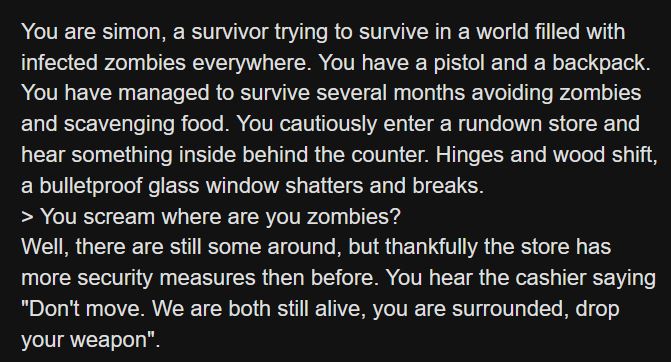
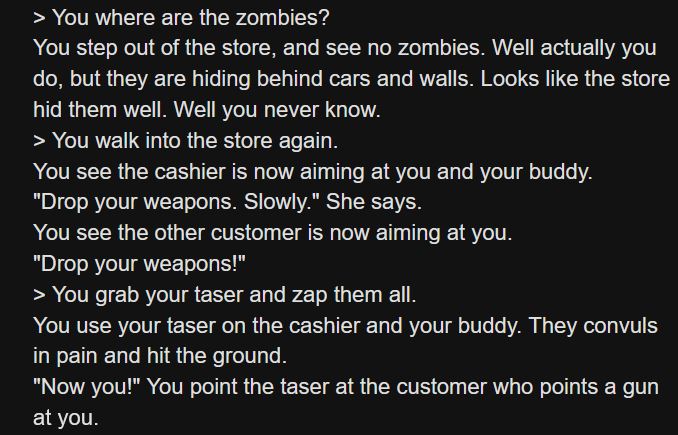
You are simon, a soldier trying to survive in a world filled with infected zombies everywhere.
You have an automatic rifle and a grenade. Your unit lost a lot of men when the infection broke,
but you've managed to keep the small town you're stationed near safe for now.
You look over the town and think to yourself.You could head to the nearest townhall
and request more soldiers, but you're not even sure how that would work.
> You request more soldiers.
You decide to request more soldiers from your company commander.
You head to the nearest townhall and ask to speak to the commander,
but find that he's been locked up and is being guarded by the infected.
> You throw icecream at him.
You decide to try and get some ice cream on the guards head.
You run up to the guards and start to throw ice cream at him.
> You kill guard.
After killing the guard you try and attack the infected commander,
but you quickly realize the commander has a few more infected guards protecting him.
You try again to convince your commander to send some more men to help you out.
> You eat commander.
You decide to try and eat the infected commander to get to him.
You try to bite his head off, but the commander fights back
and bites your head off too.You die.
> You - thats sad..?
You realize that the only way to take out the infected commander is to kill him.
So you go back to the town hall and kill him. You're free to roam the town hall freely.
> You dancing in townhall.
You decide to dance a jig in the town hall,
to the music of the bagpipes.
> You dance with zombie.
You decide to dance with a zombie, because it's funny as hell.
You dance a jig with a zombie.You die.
> You oh no.
You realize the only way to kill a zombie is to shoot it in the head.
So you head to the nearest gun store and buy a gun.
> And shot the zombie.
You shoot the zombie in the head, and it dies.
You don't care, it wasn't a human being so you didn't care if you killed it.
You start to feel empty and guilty for your actions.
> You - no, enjoyed it!

-Simon
Simon Laub (Let me Google that for you).
www.simonlaub.net
AI Art Generator.
AI Art Generator is a text-to-image tool,
that ''empowers everyone to create attractive paintings, illustrations, and images''.
Indeed, the world of computer generated art is coming.
E.g. see: Face image generation with StyleGAN (Keras, StyleGAN),
Image-to-image translation (Keras, CycleGAN) and
Deep Dream (Keras) etc...
From ''Art Generator'':


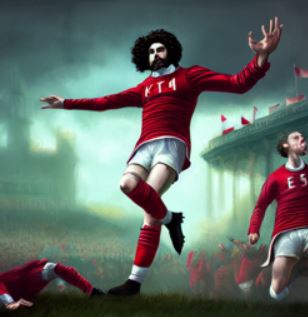

Well, well...
-Simon
Simon Laub (Let me Google that for you).
www.simonlaub.net
Denmark, Autumn 2022.
Autumn (Denmark 2022).
Impressions from Denmark, October 2022.

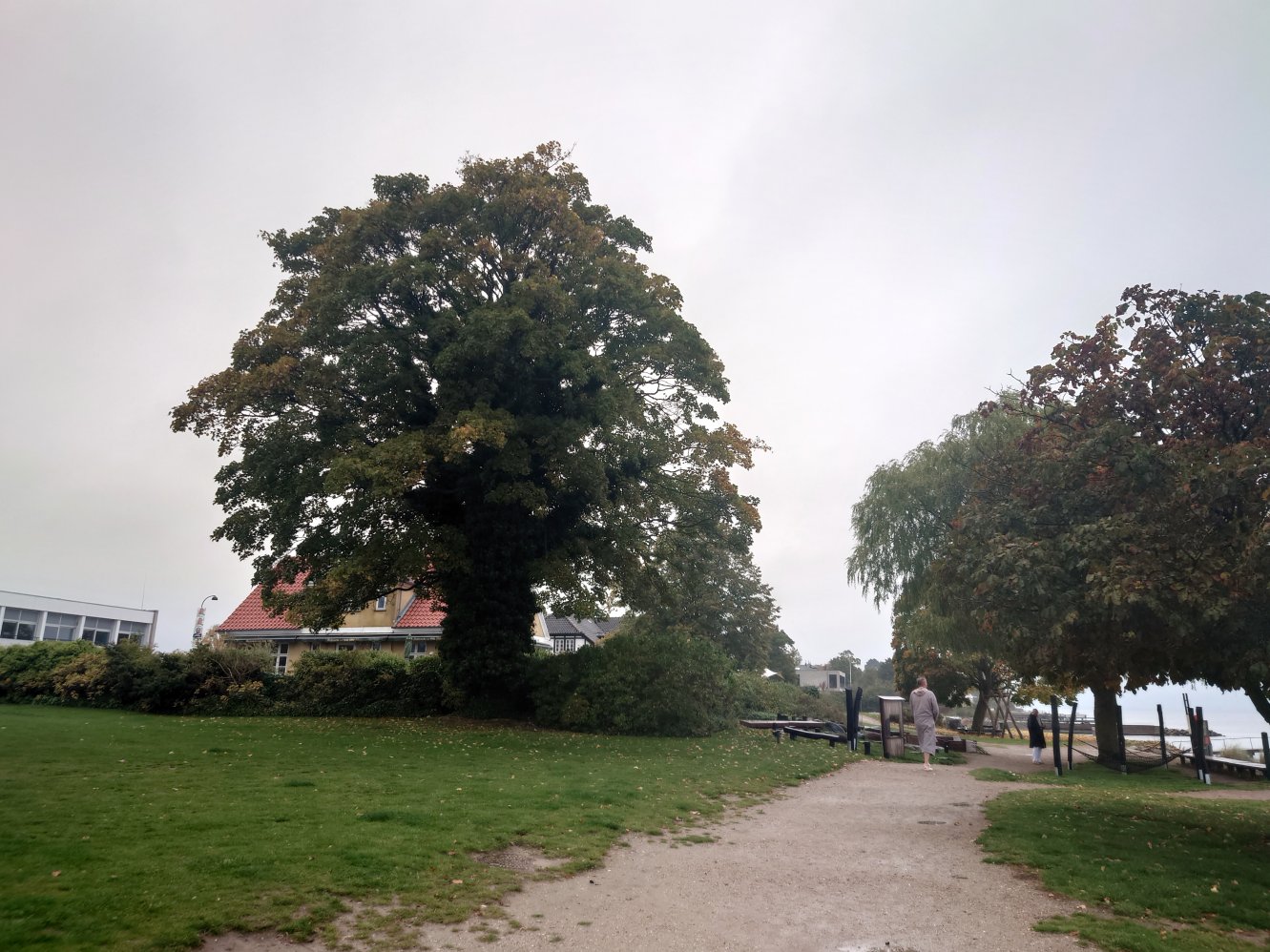
Yggdrasil (''The Tree of Life'').
See more: Rebild, Denmark.


A new bag...


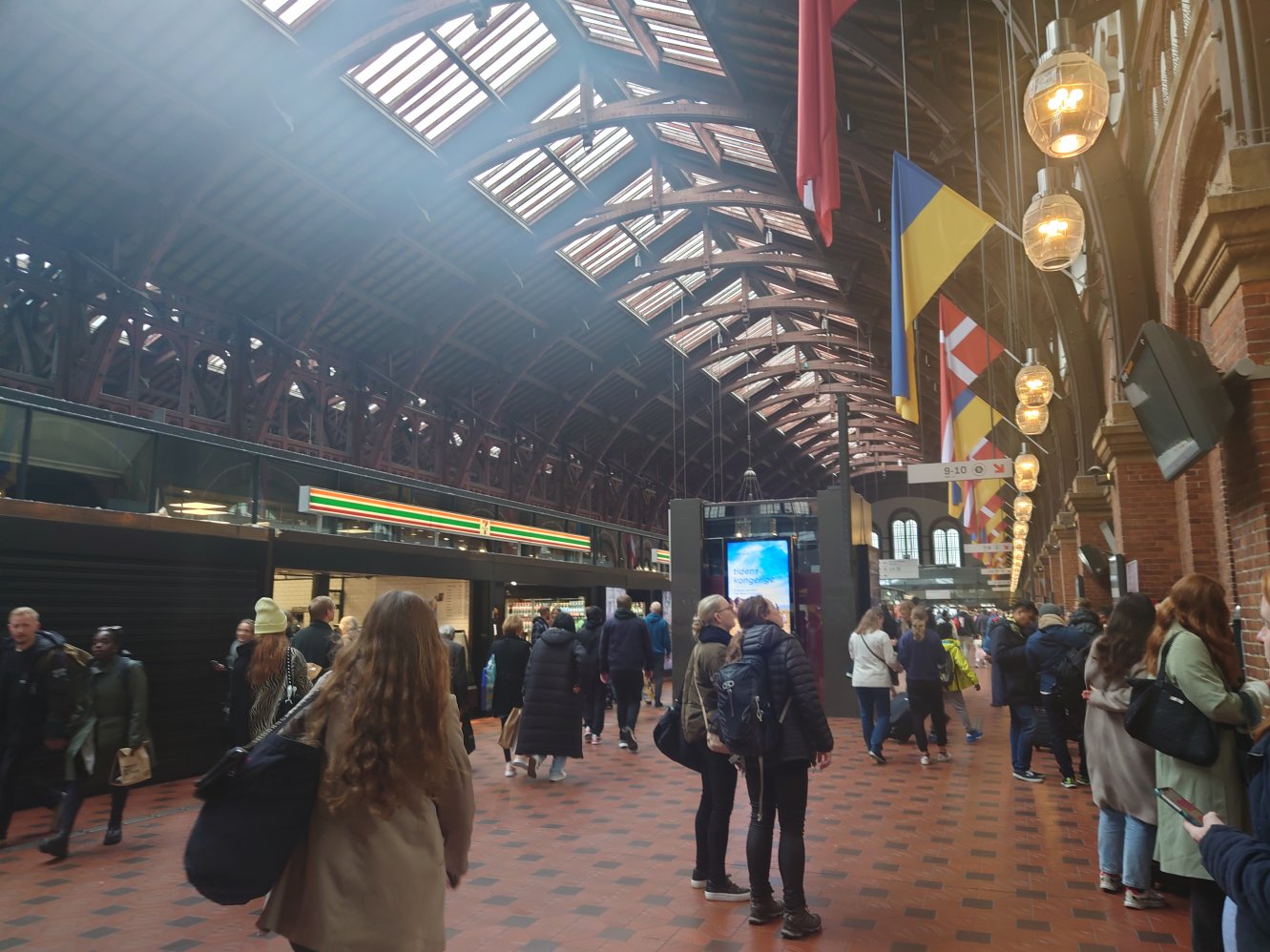


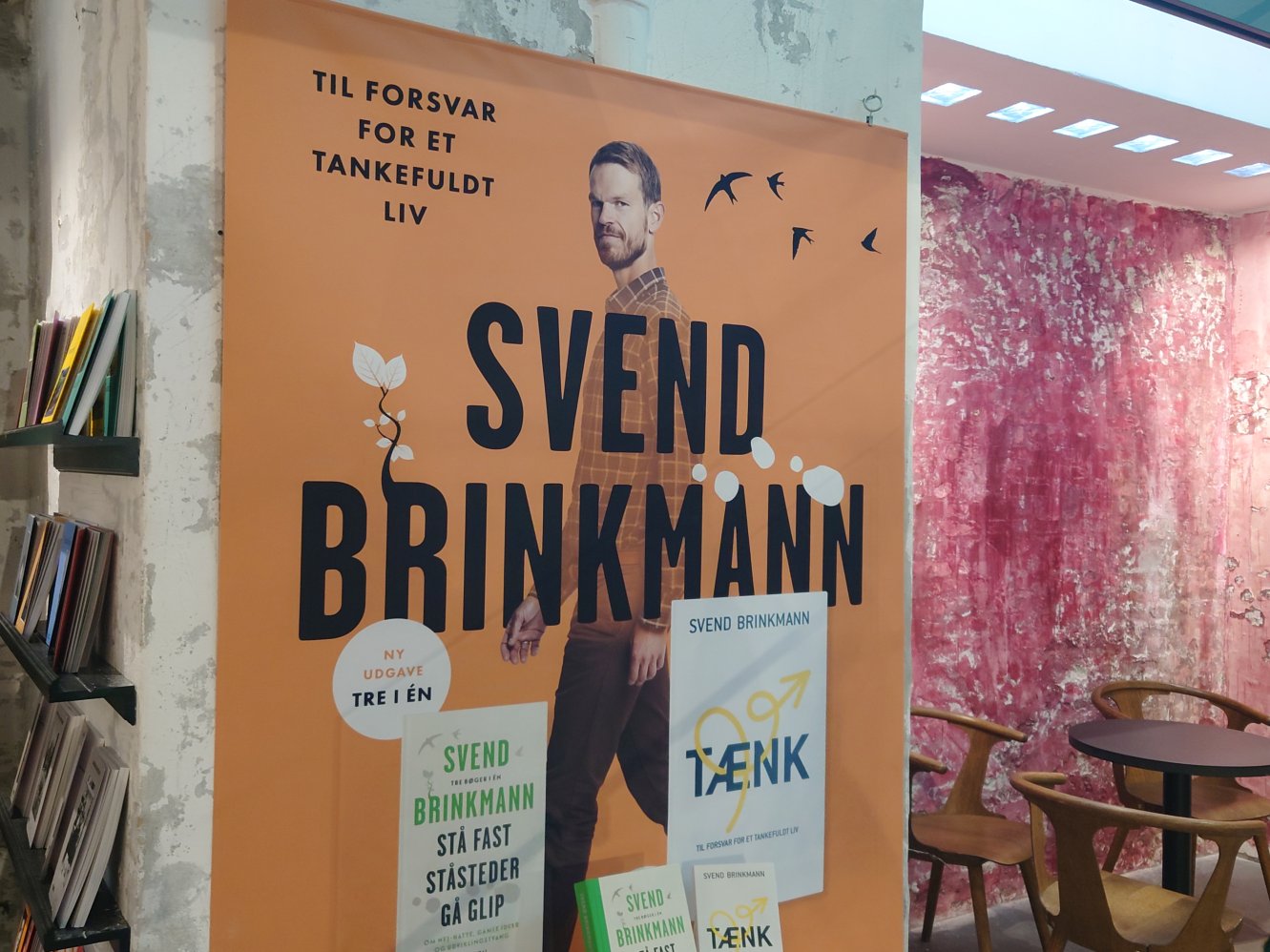




Election 2022:
''Somebody should do something'' - ''Somebody'' crossed over.
''I should do something'' - ''I'' crossed over.
''We should do something'' - ''We'' - is still there...
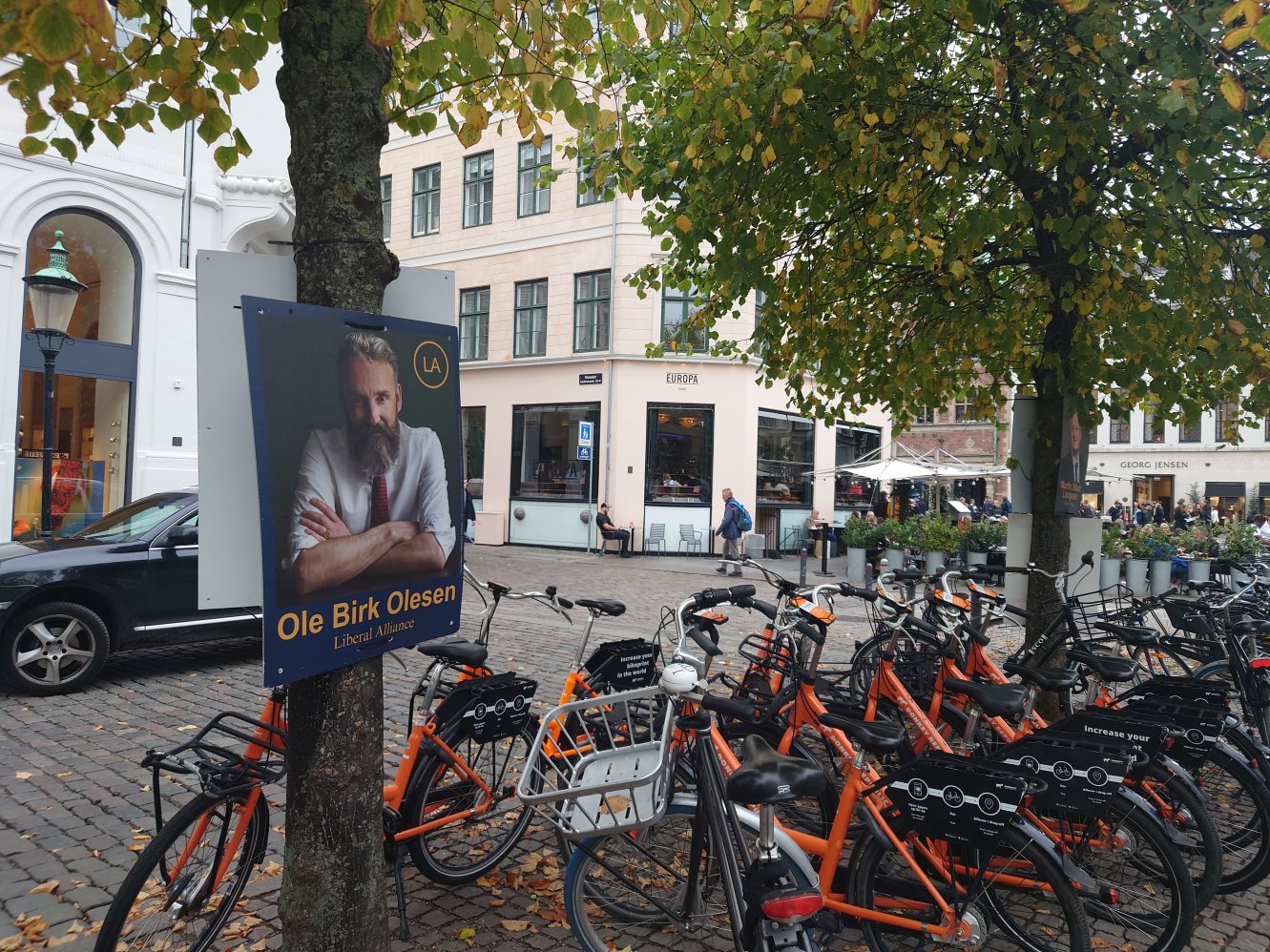



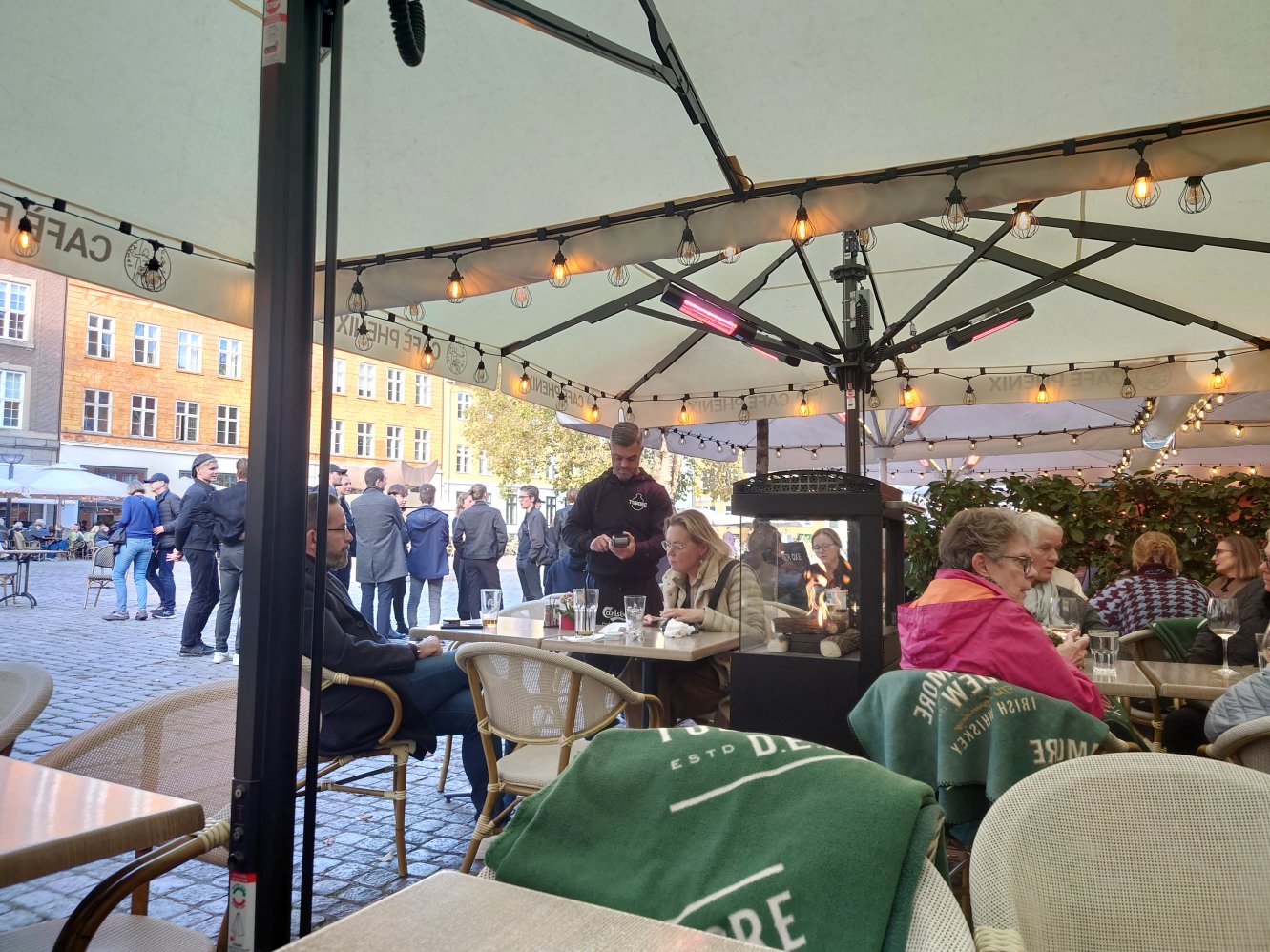
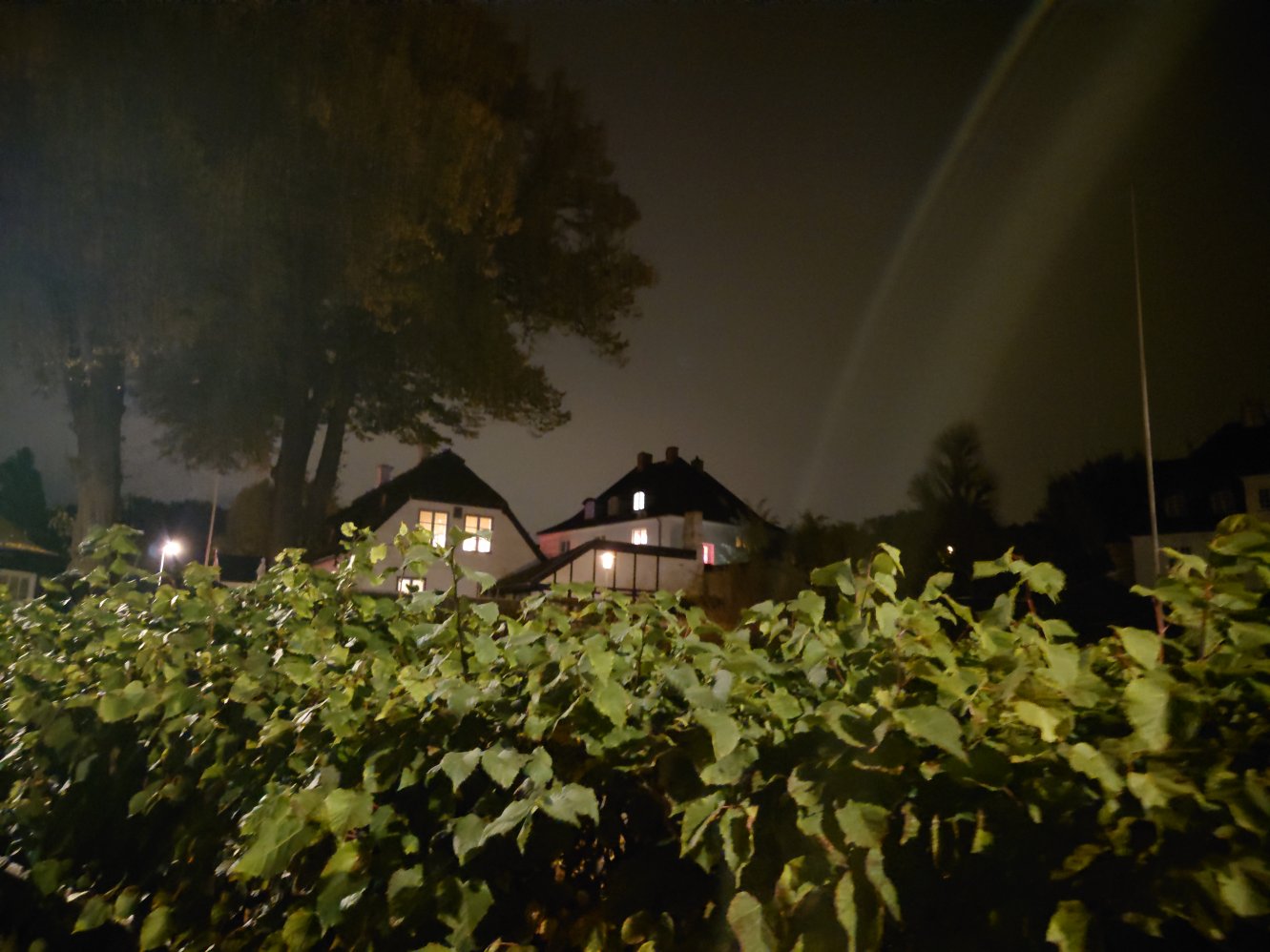

Fredensborg Castle.

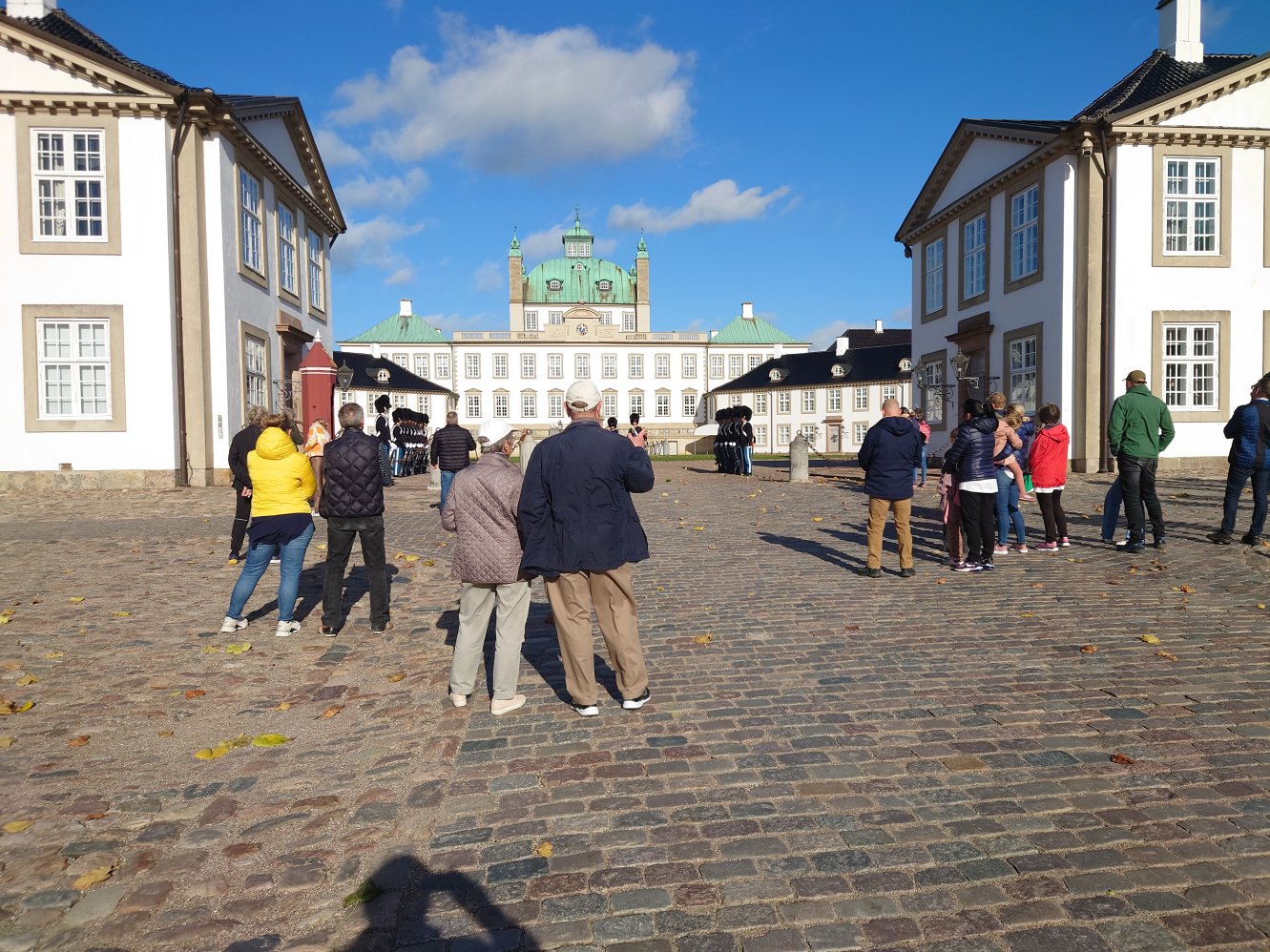
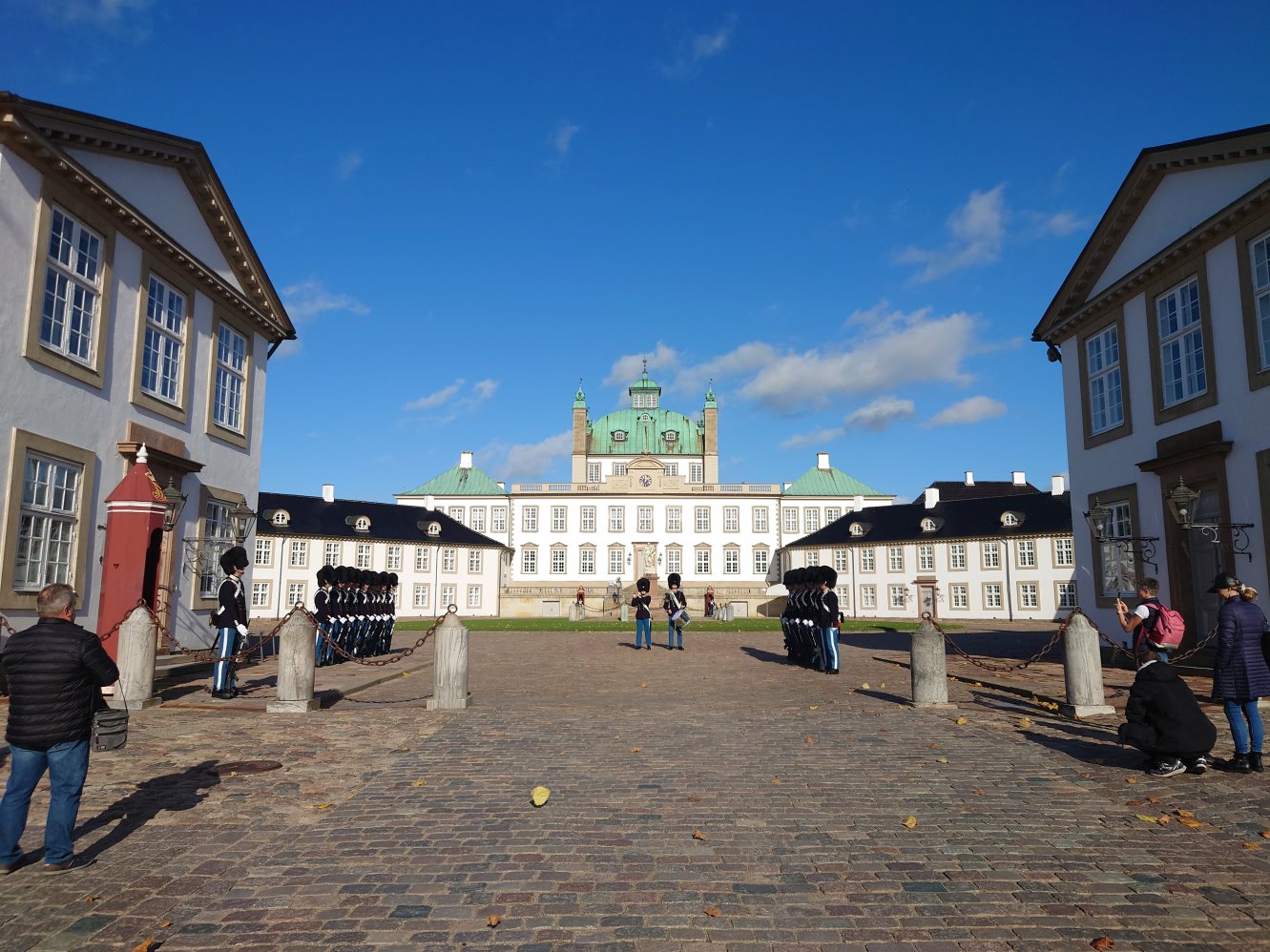

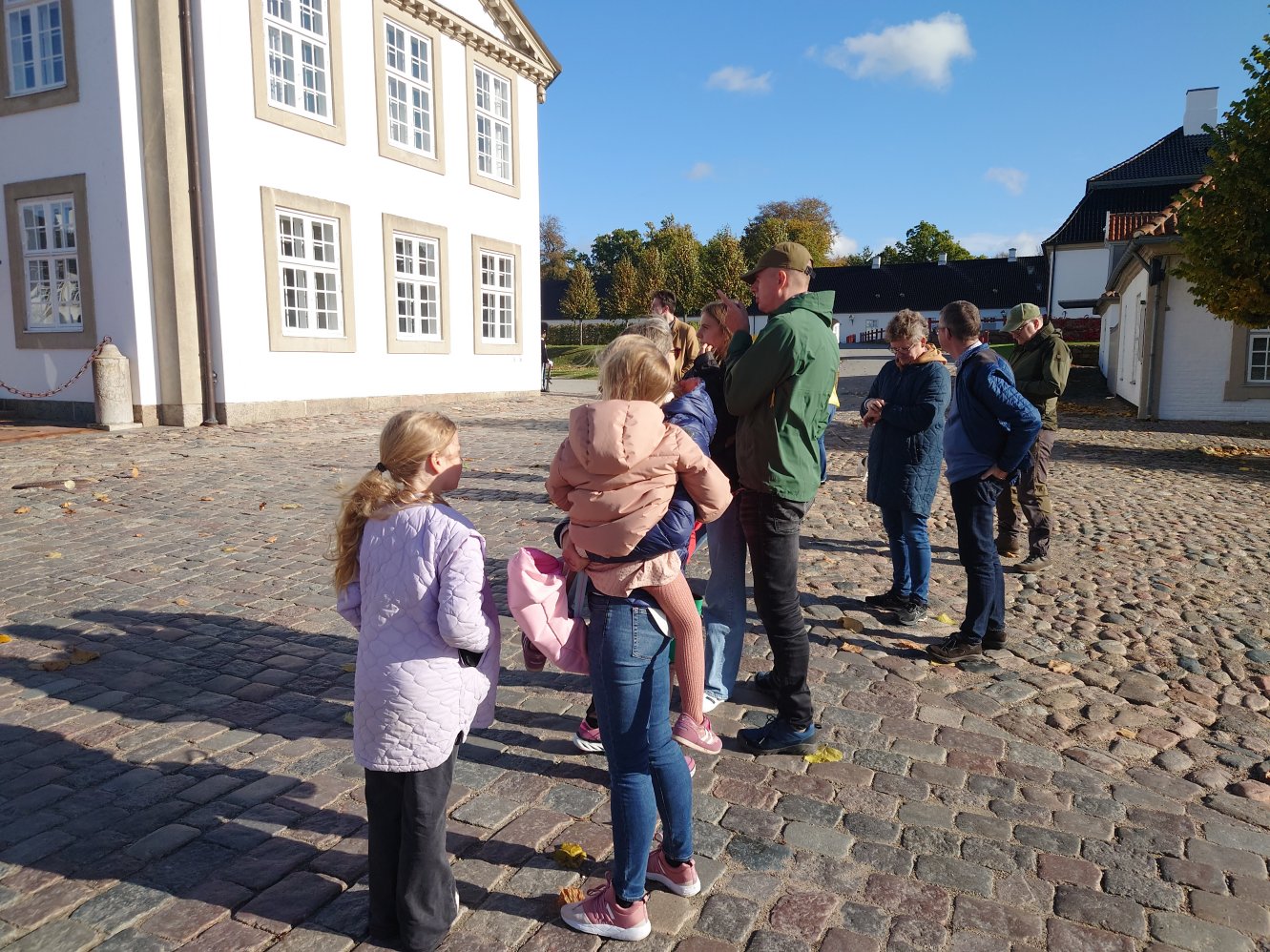



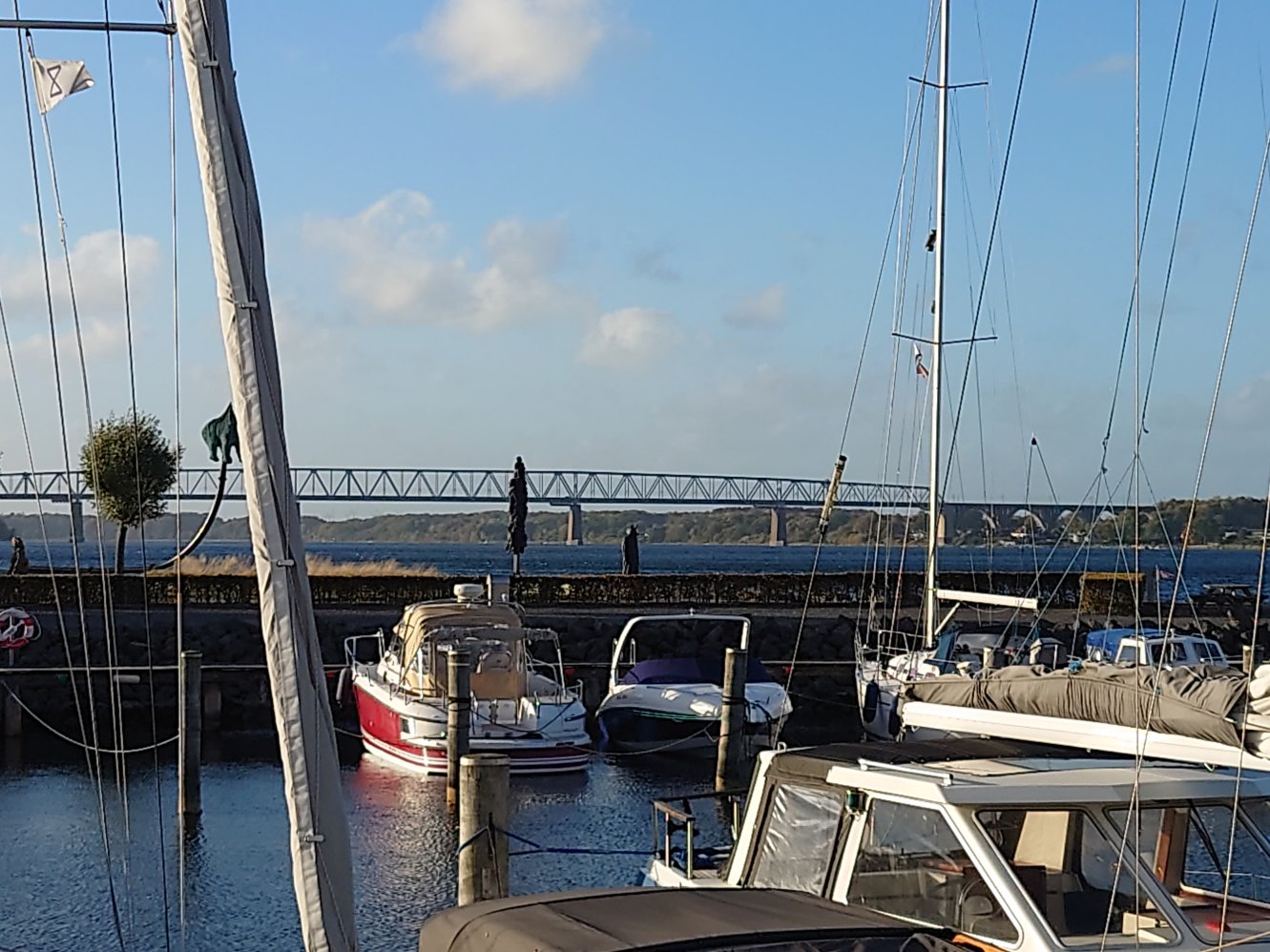


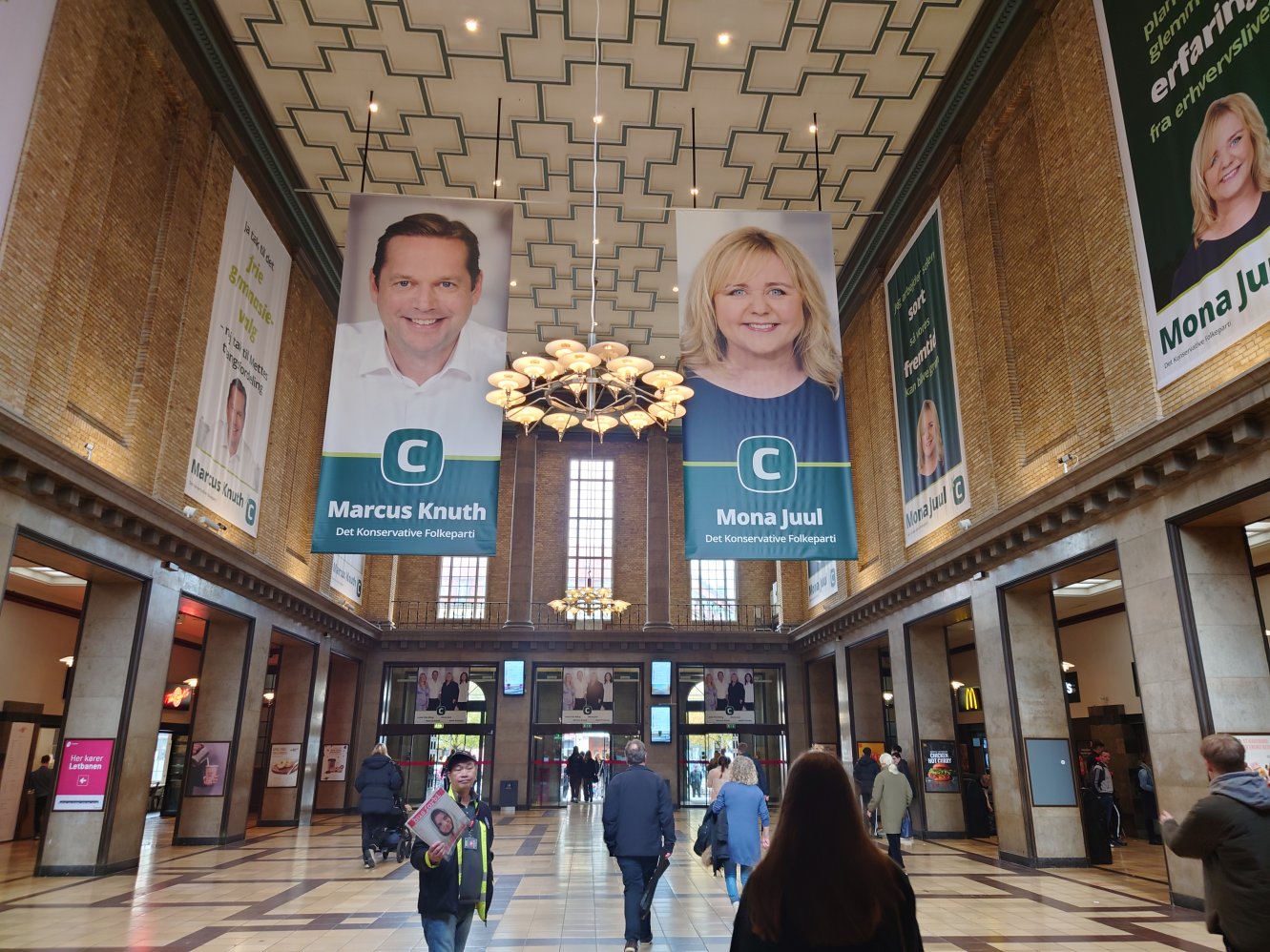
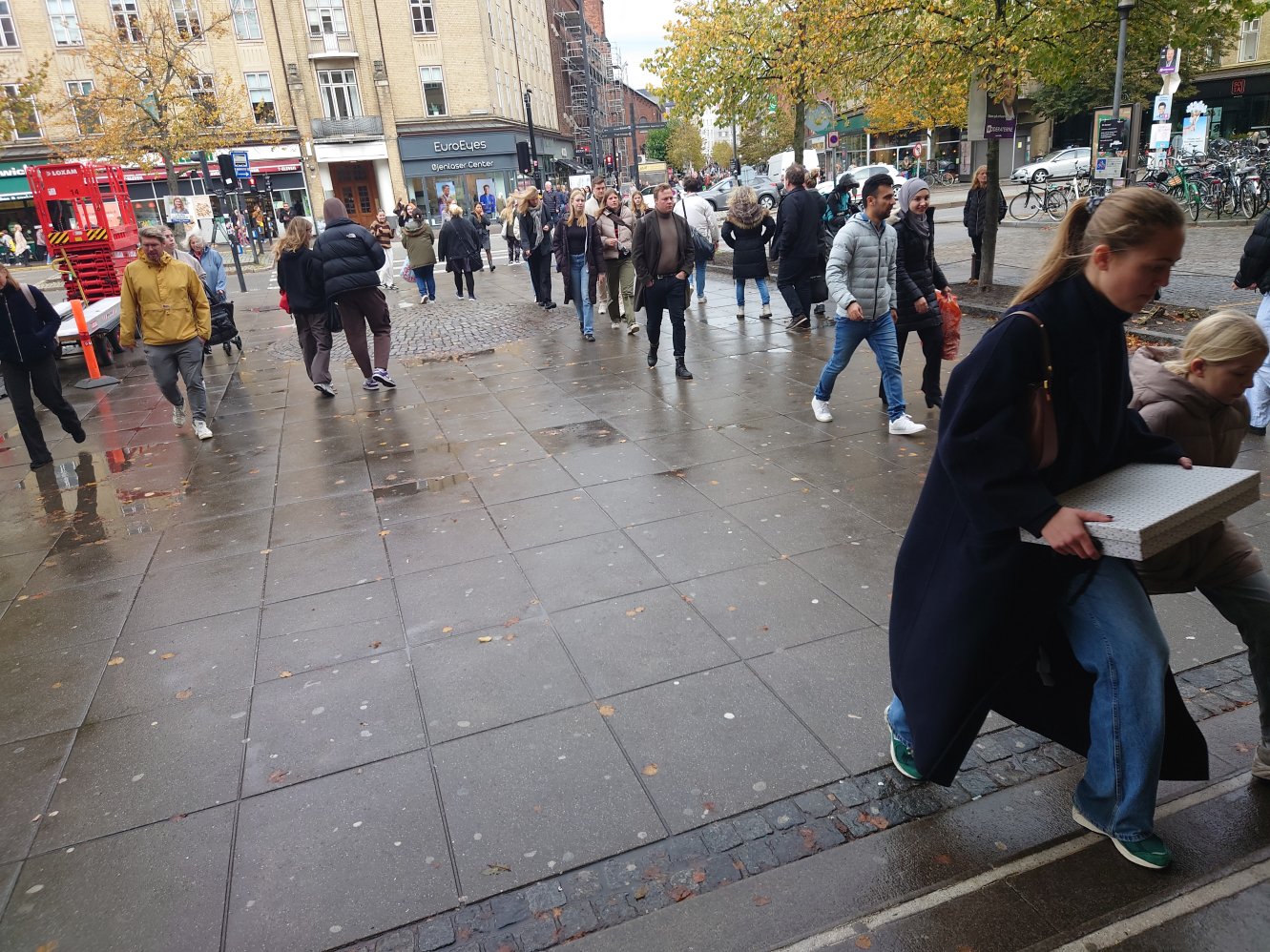




-Simon
Simon Laub (Let me Google that for you).
www.simonlaub.net
Sprogteknologisk Konference.
Participated with a poster in ''Sprogteknologisk Konference 2022'' [11].
University of Copenhagen, November 2022.
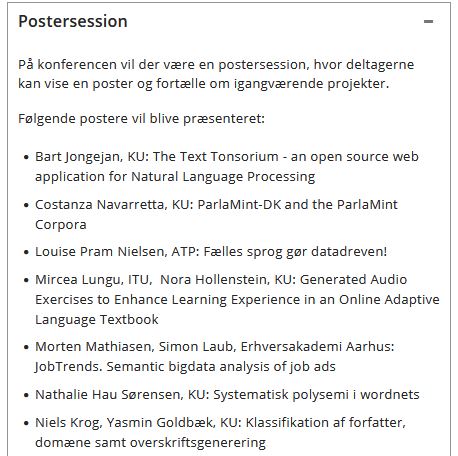
Our poster:


Afterwards, Morten made a post on the Eaaa intranet about the day:
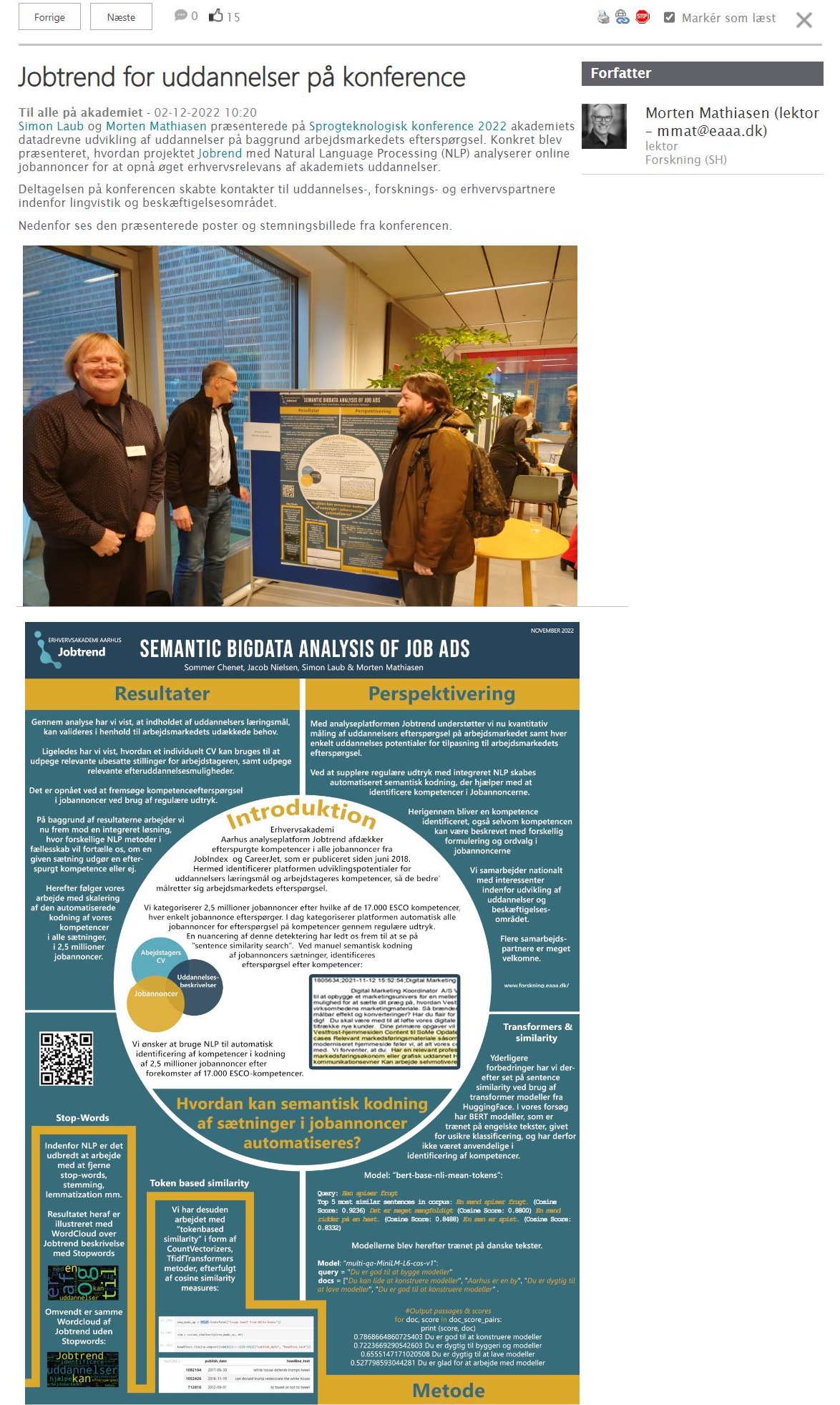
Pictures from the day:
Copenhagen. November, 2022.

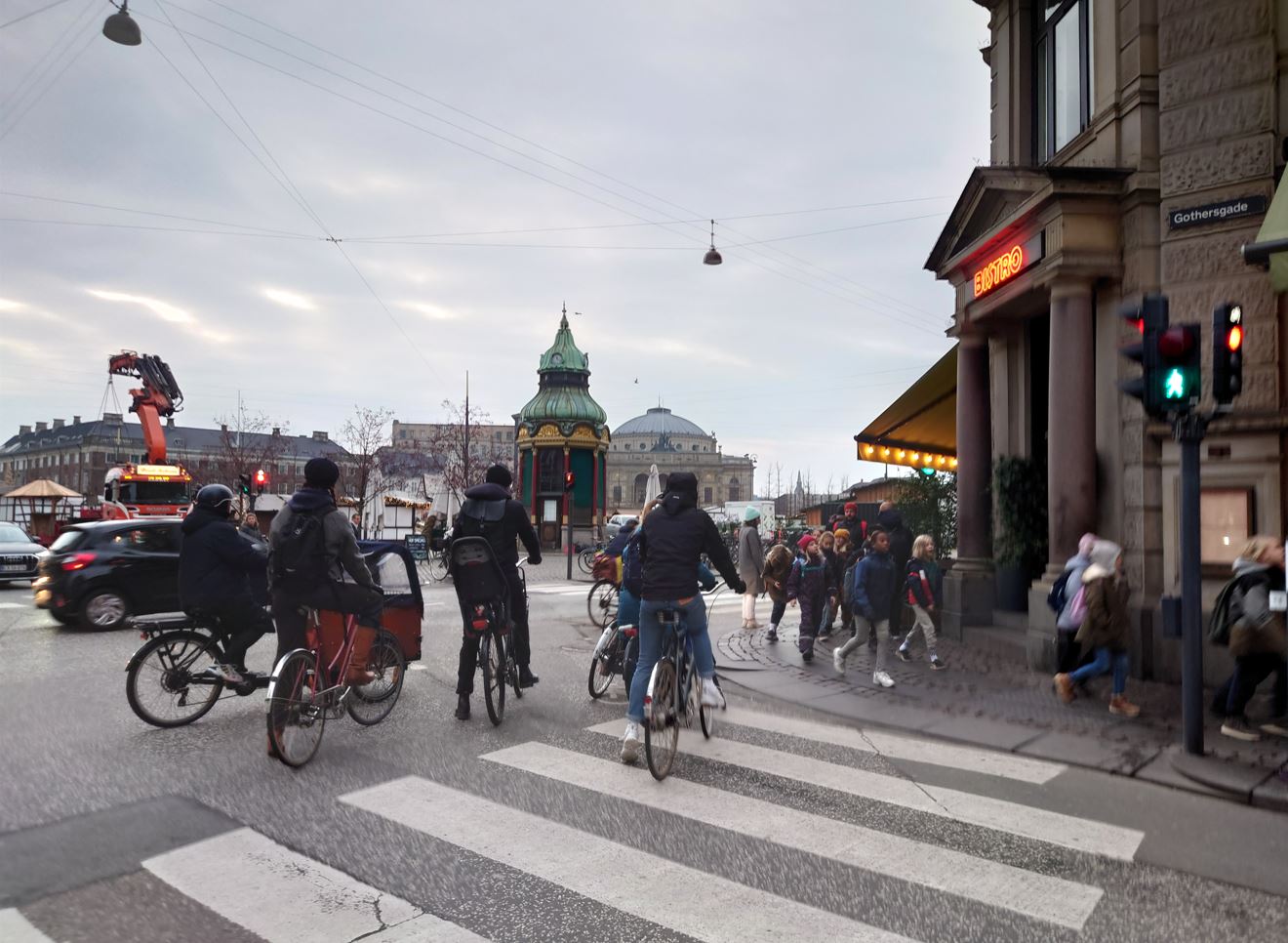

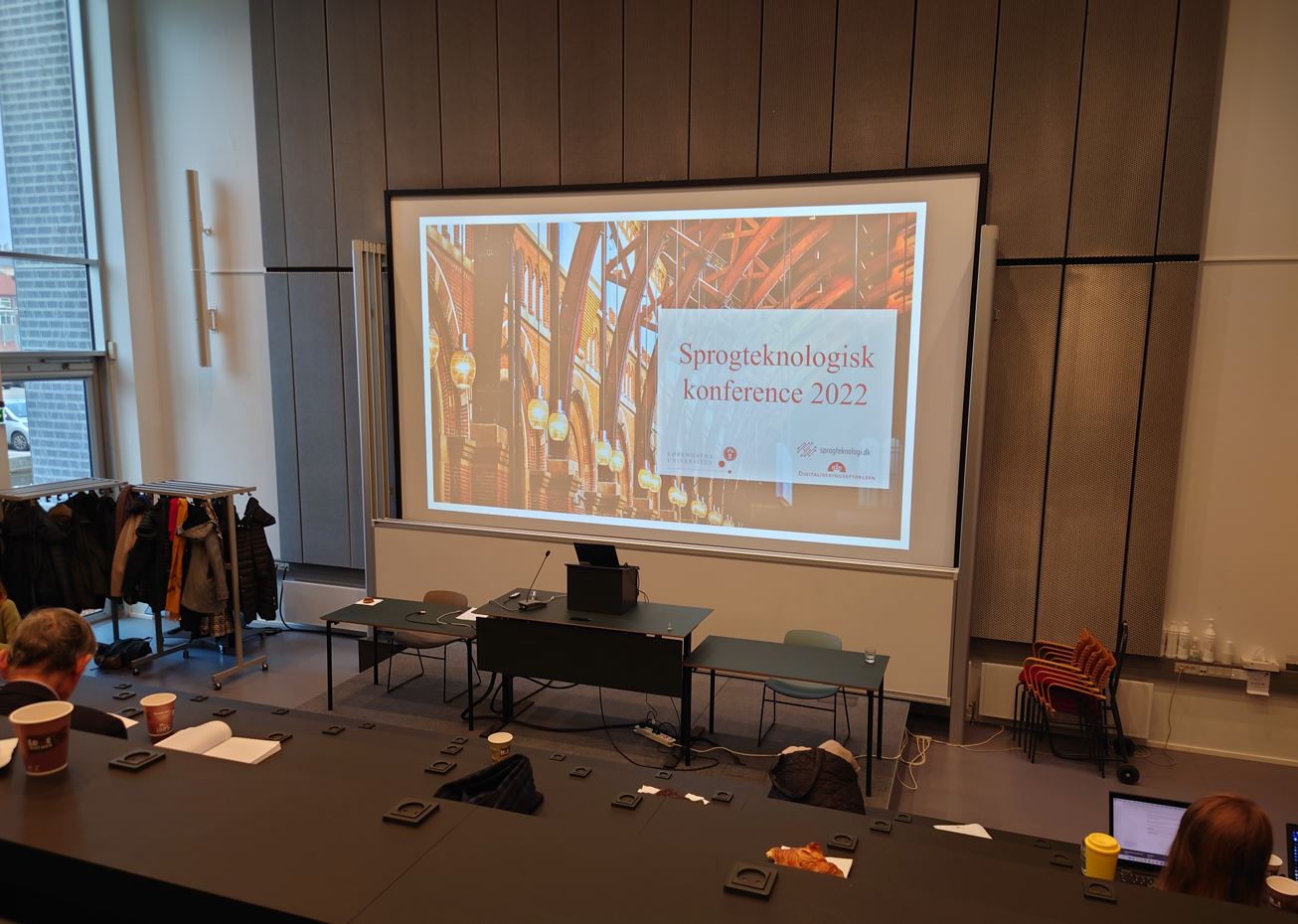
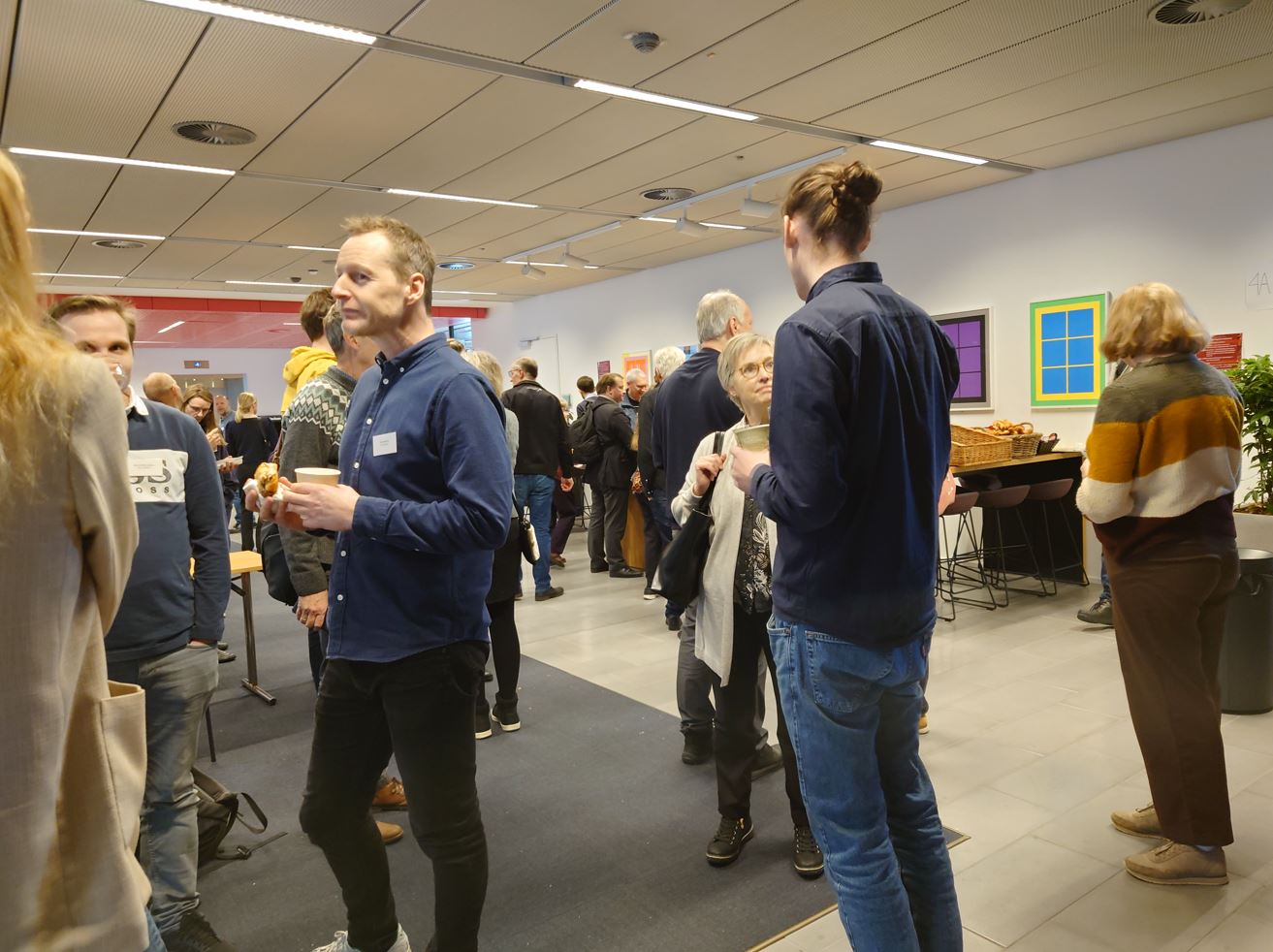
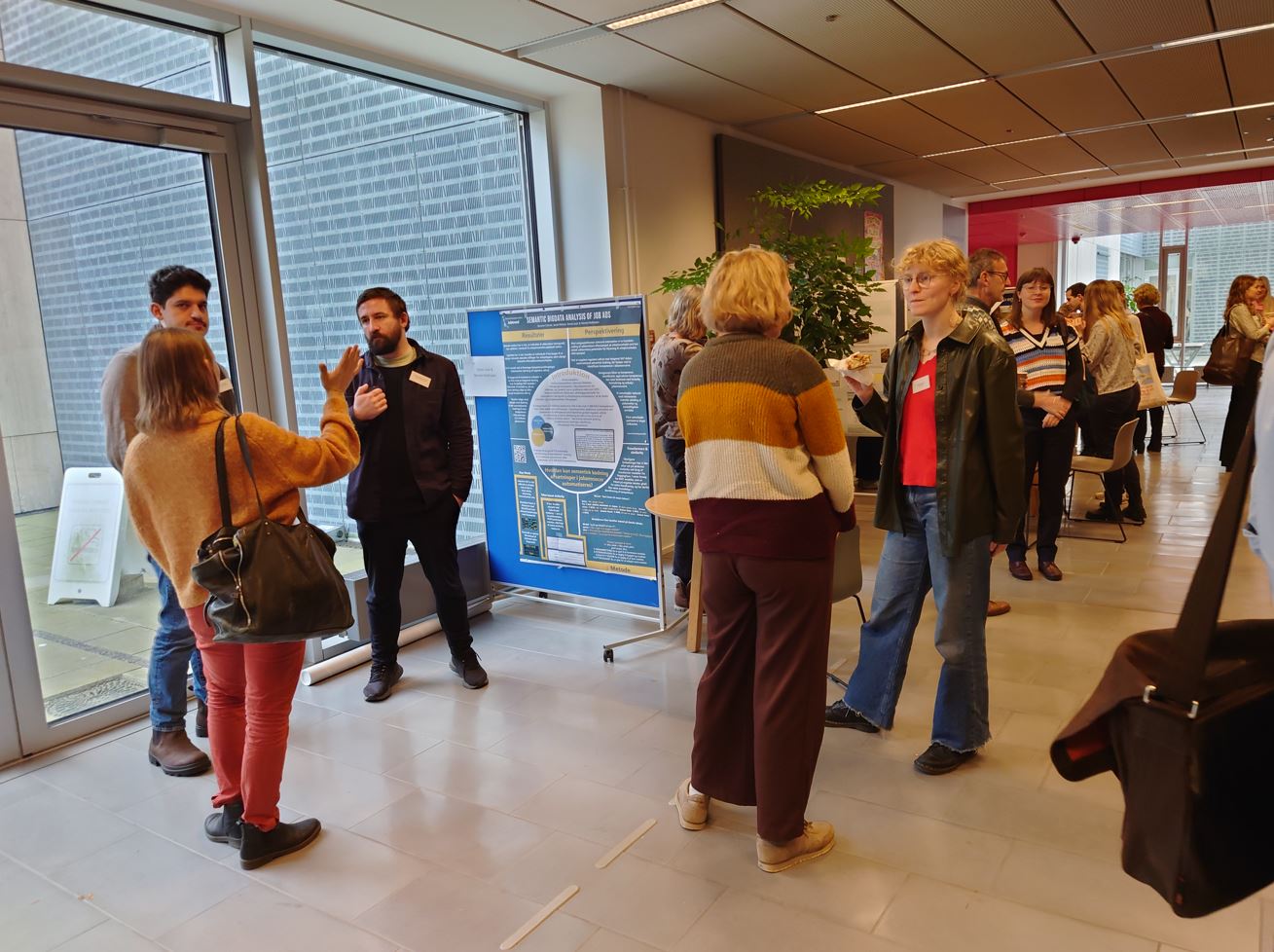
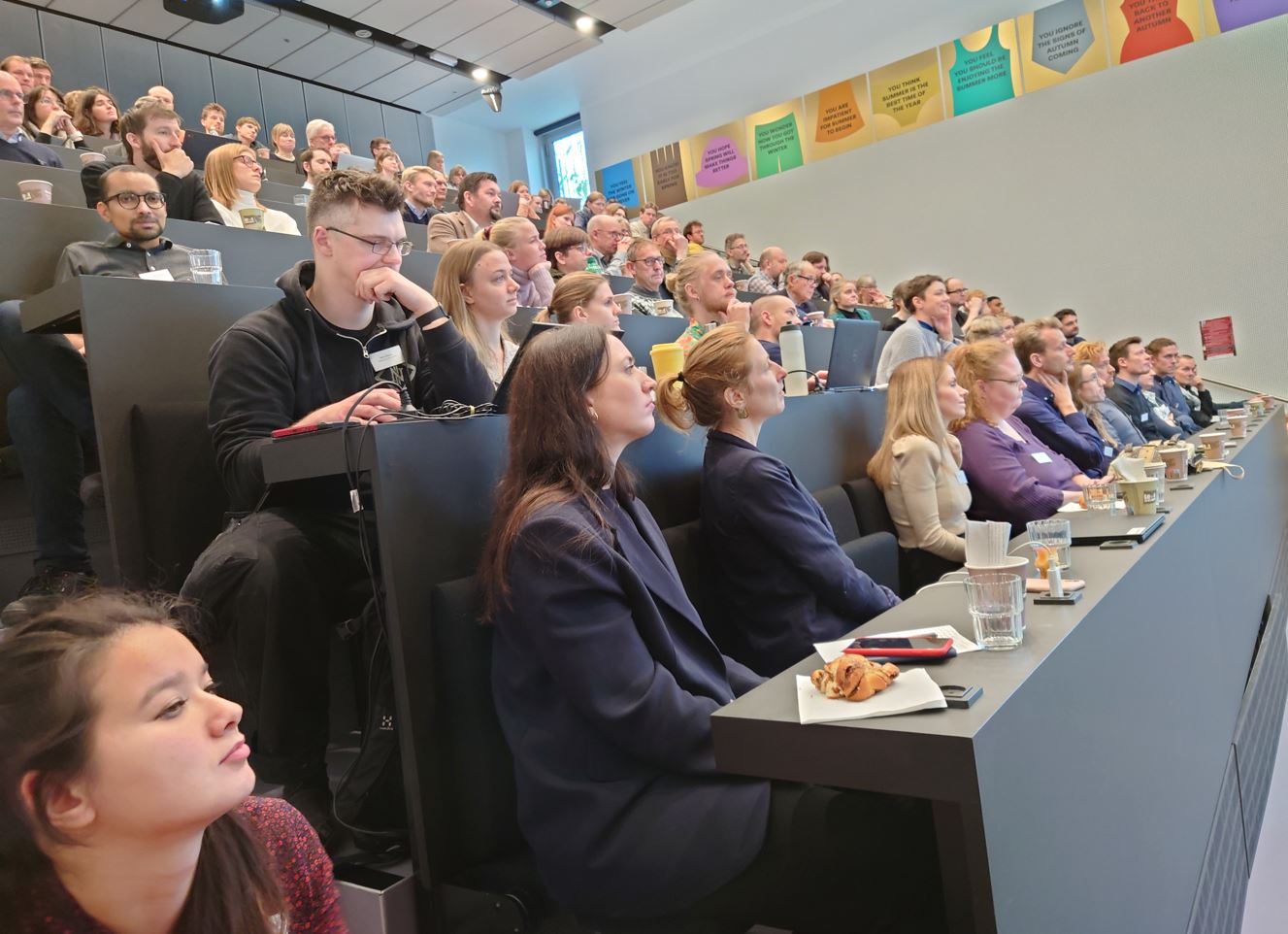
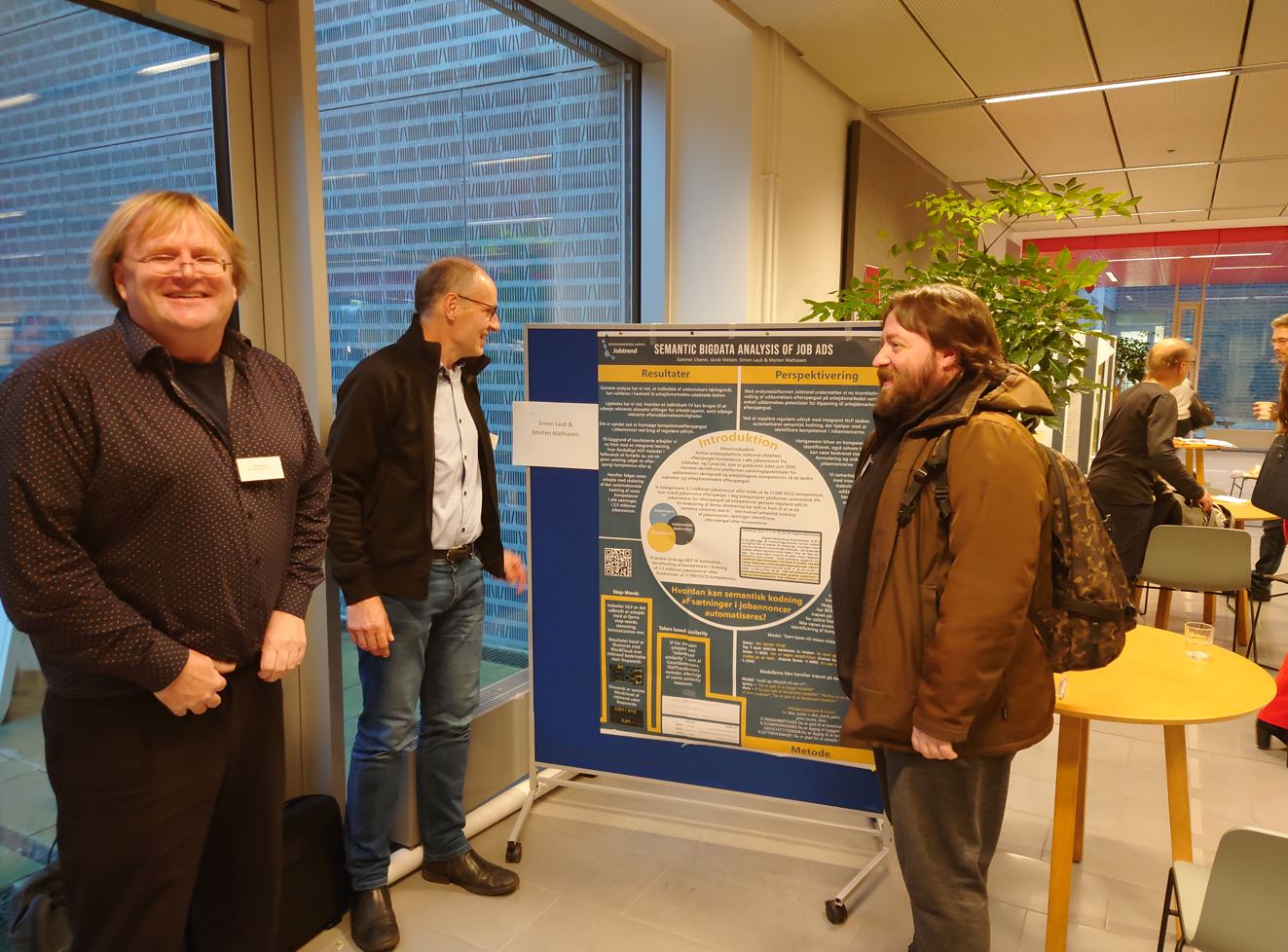
-Simon
Simon Laub (Let me Google that for you).
www.simonlaub.net
Visit to Bletchley Park, January 2023.
Visit to Bletchley Park, Milton Keynes, UK, January 2023.
Bletchley Park, once the top-secret home of the World War II Codebreakers,
is now a vibrant heritage attraction in Milton Keynes, open daily to visitors.
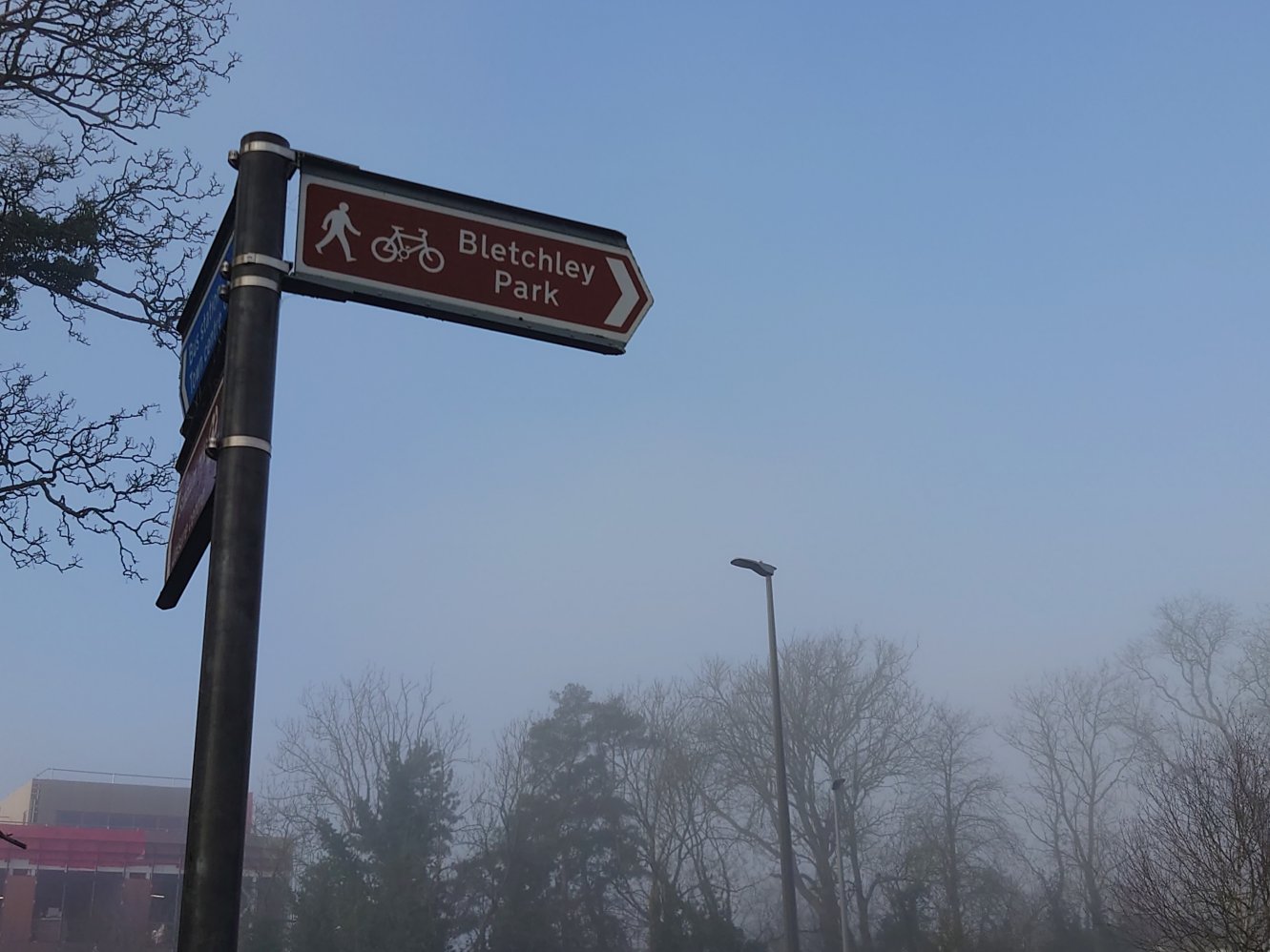

During the Second World War, GC&CS
was based largely at Bletchley Park,
in present-day Milton Keynes, working on understanding
the German Enigma machine and Lorenz ciphers [12].
Senior staff included Alastair Denniston, Alan Turing and more.
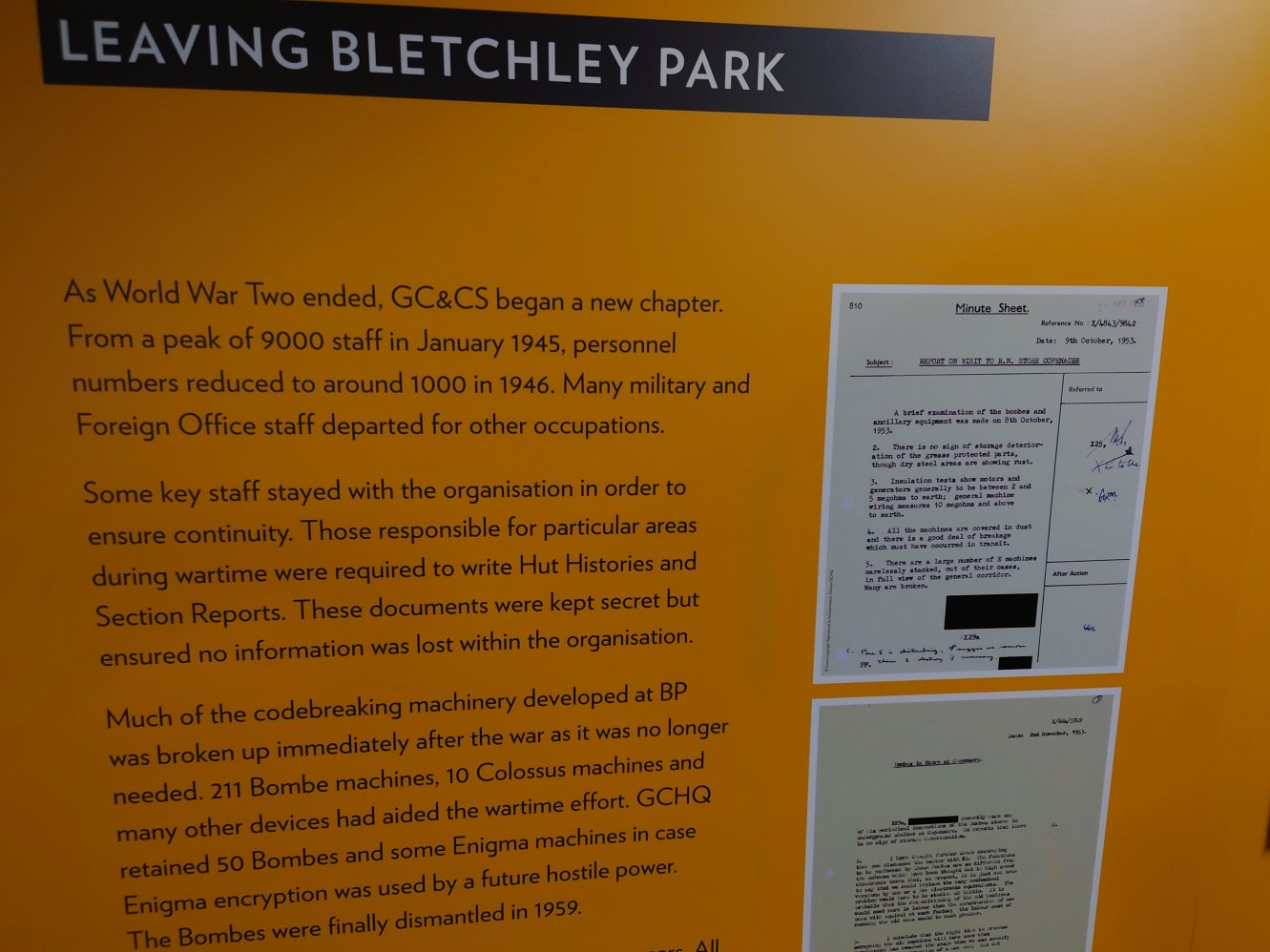
GC&CS was renamed the Government Communications Headquarters (GCHQ) in June 1946.
Then in 1951 moved to the outskirts of Cheltenham.
Since the end of the Second World War, British intelligence have shared information
with its US equivalent, the National Security Agency (NSA) [12].


Government Communications Headquarters, commonly known as GCHQ,
is an intelligence and security organisation responsible for providing signals intelligence (SIGINT)
and information assurance (IA) to the government and armed forces of the United Kingdom.
It is Primarily based at <<The Doughnut>> in the suburbs of Cheltenham [12].

The Enigma machine is a cipher device developed and used in the early
to mid-20th century to protect commercial, diplomatic, and military communication.
It was employed extensively by Nazi Germany during World War II,
in all branches of the German military [13].



From September 1938, Turing worked part-time
with the Government Code and Cypher School (GC&CS),
the British codebreaking organisation [14].
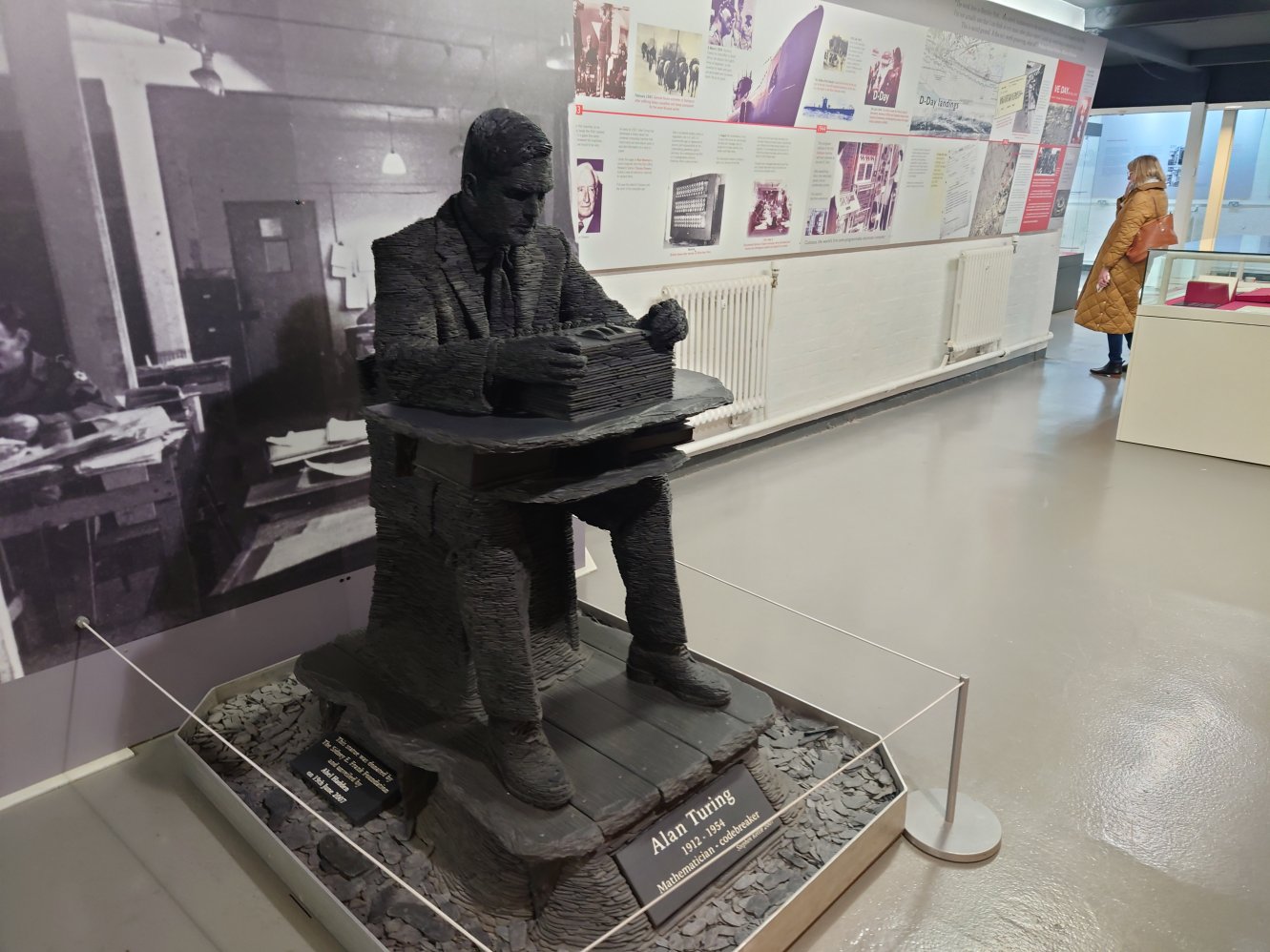



Indeed, computing is everything, and everywhere...

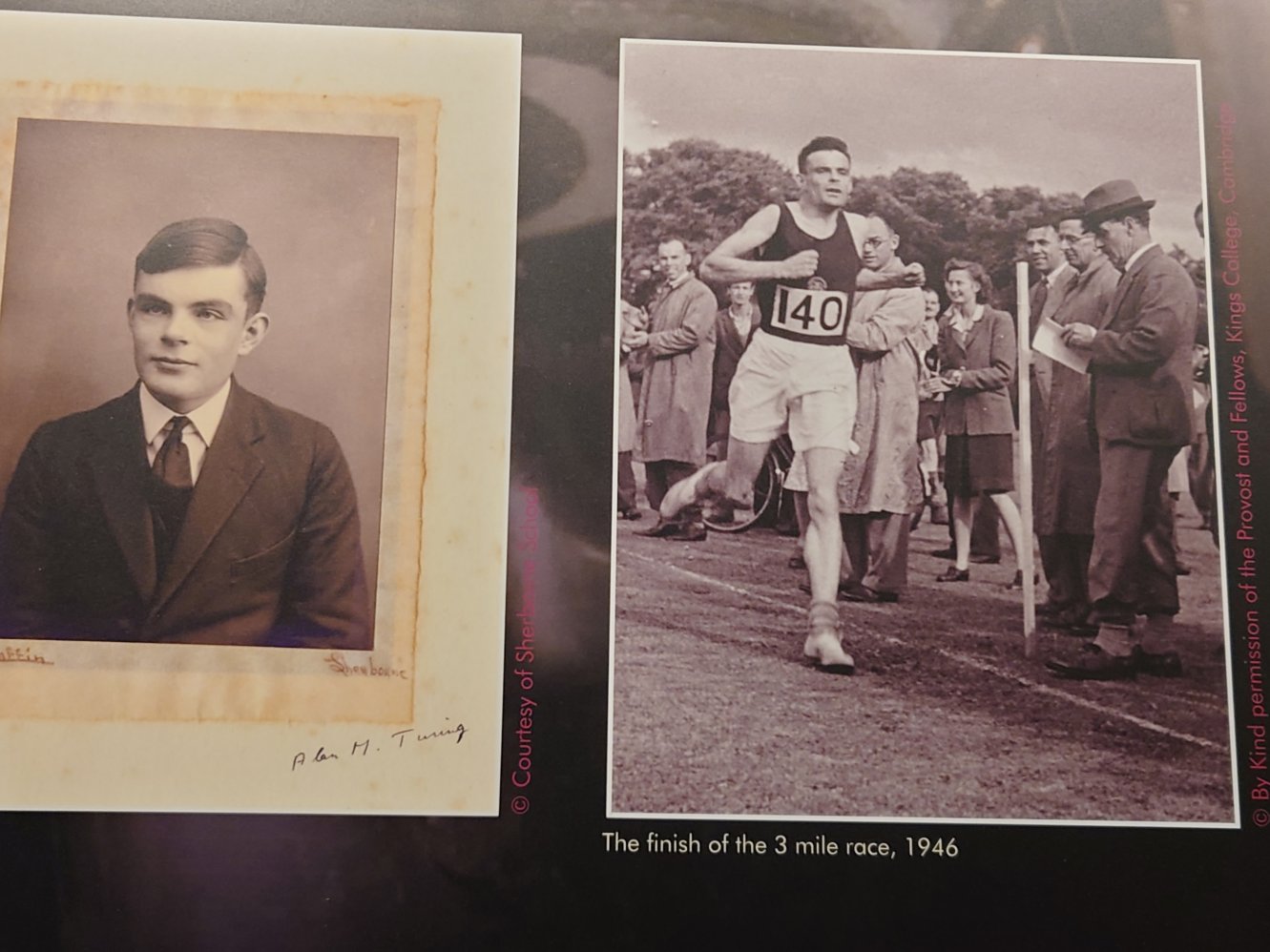

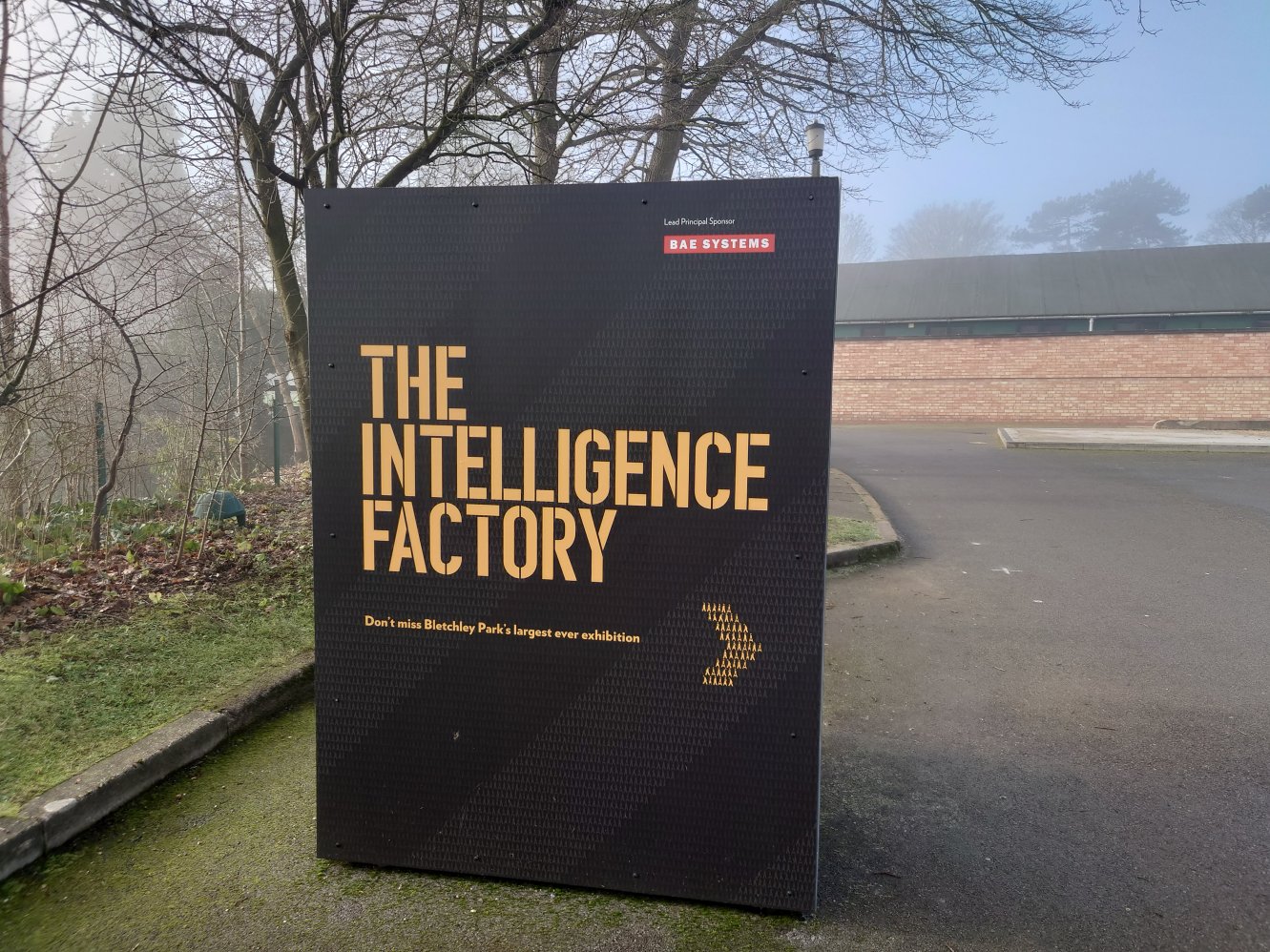

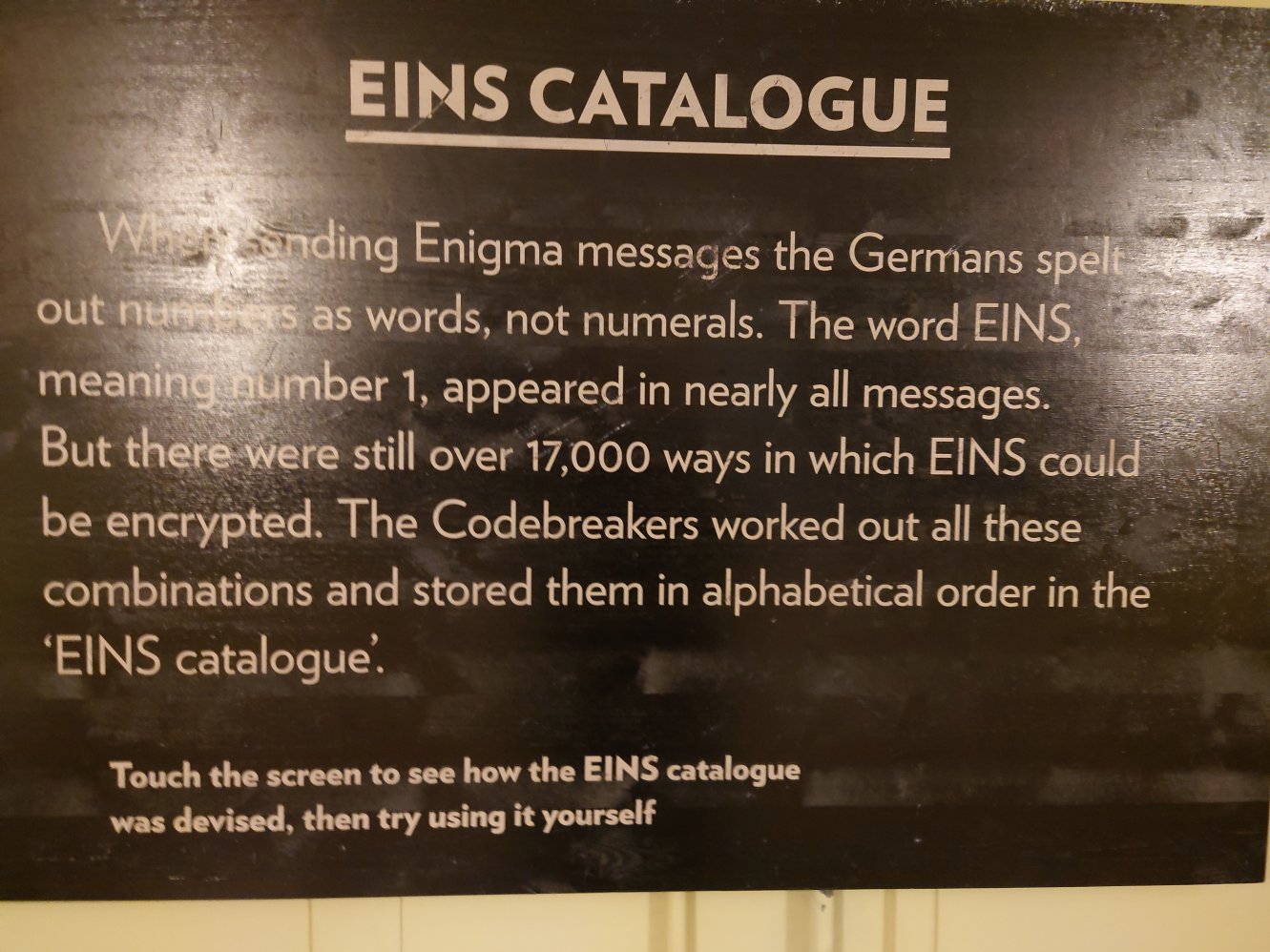

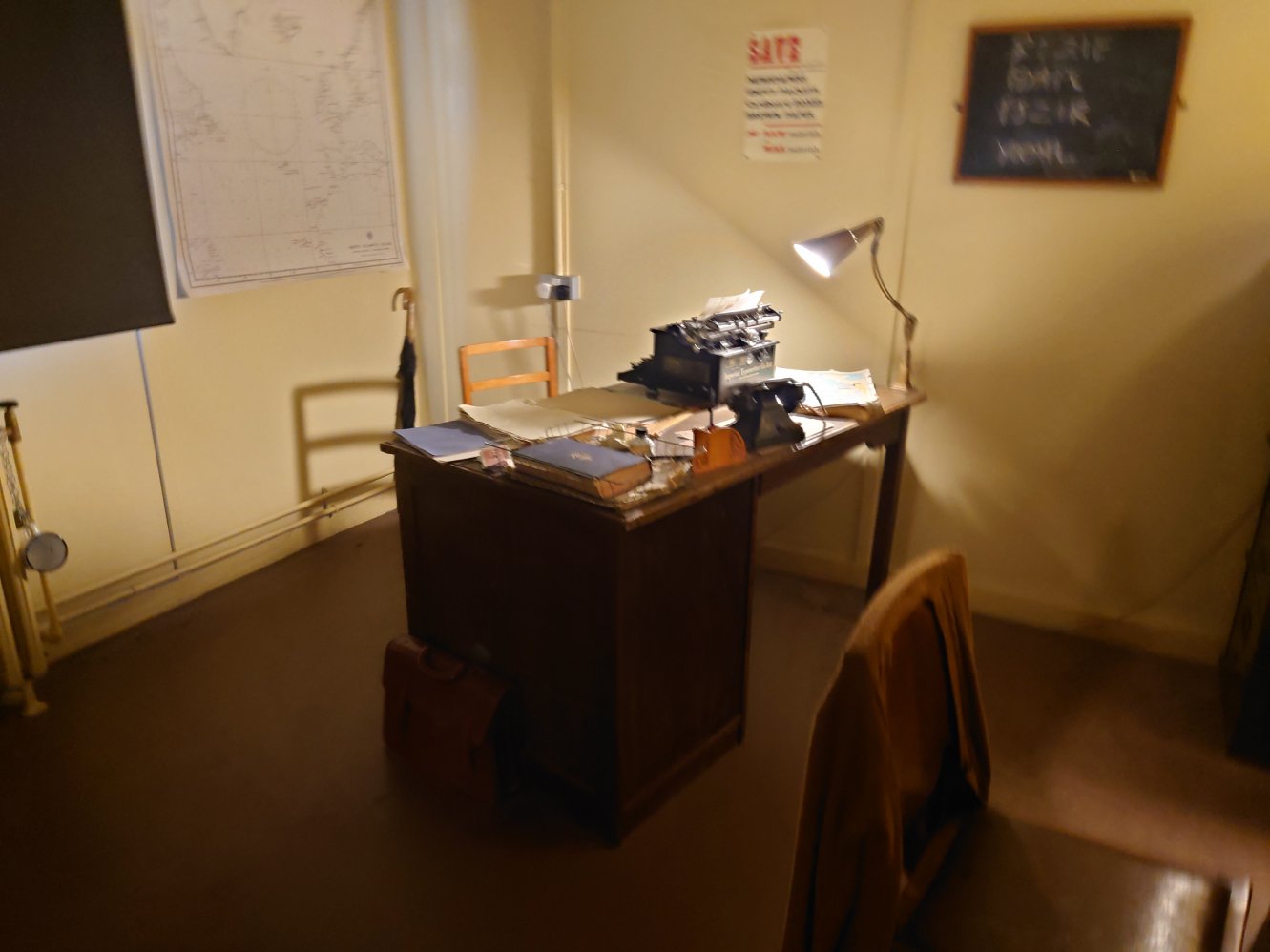


The Bombe was designed to discover
some of the daily settings of the Enigma machines.





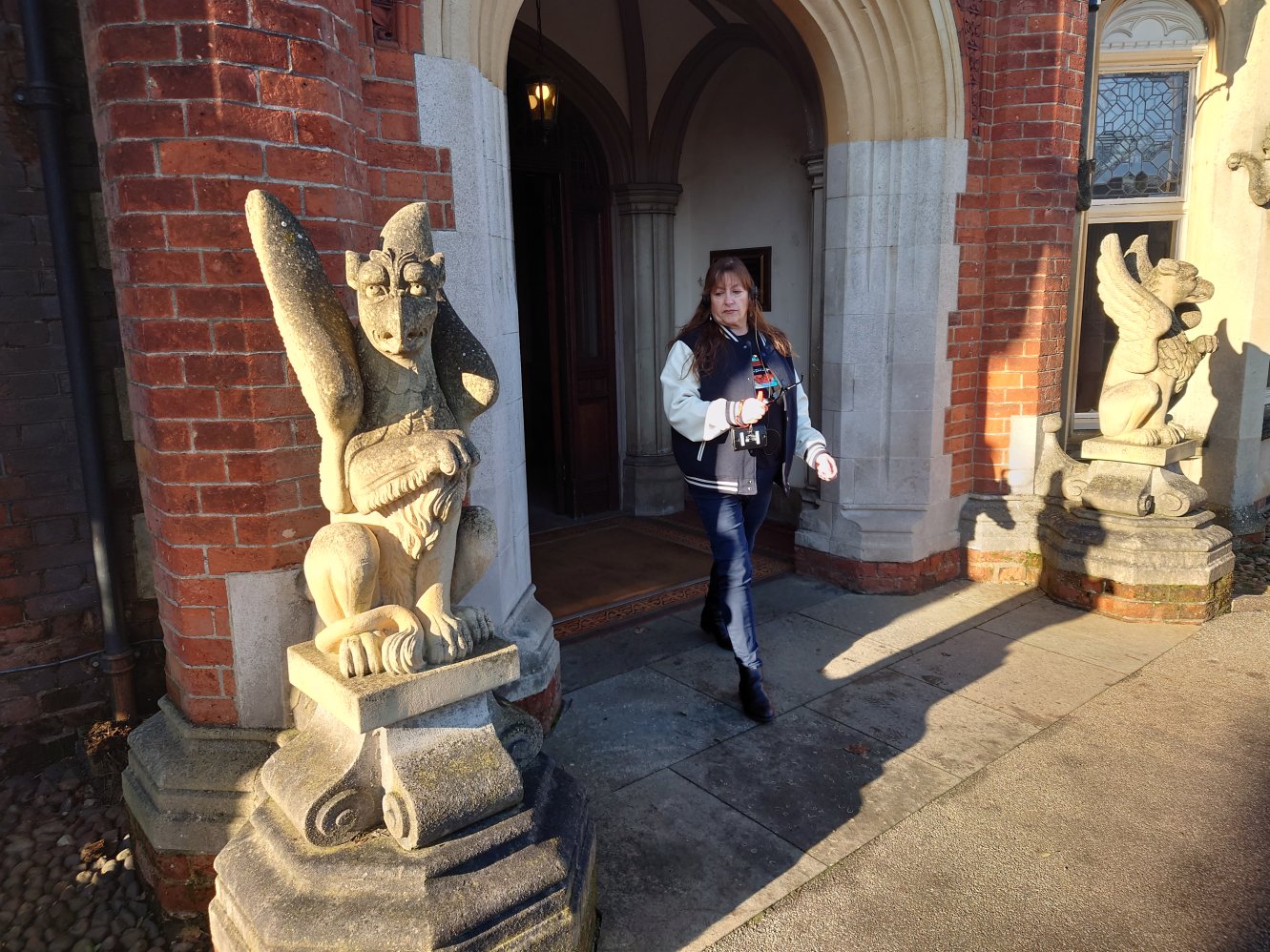
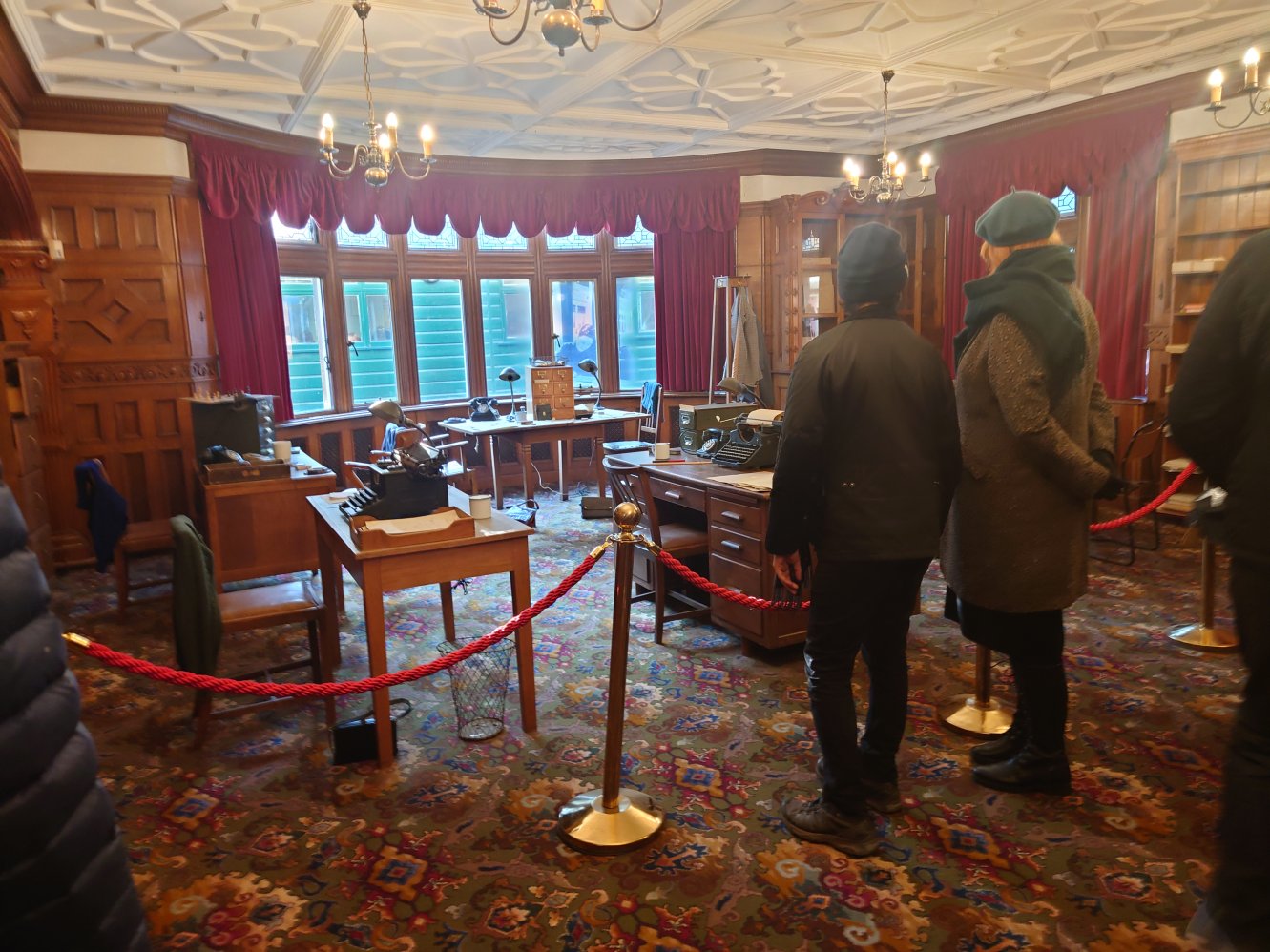

London, January 2023.

The tube, late Friday night. January 20th.
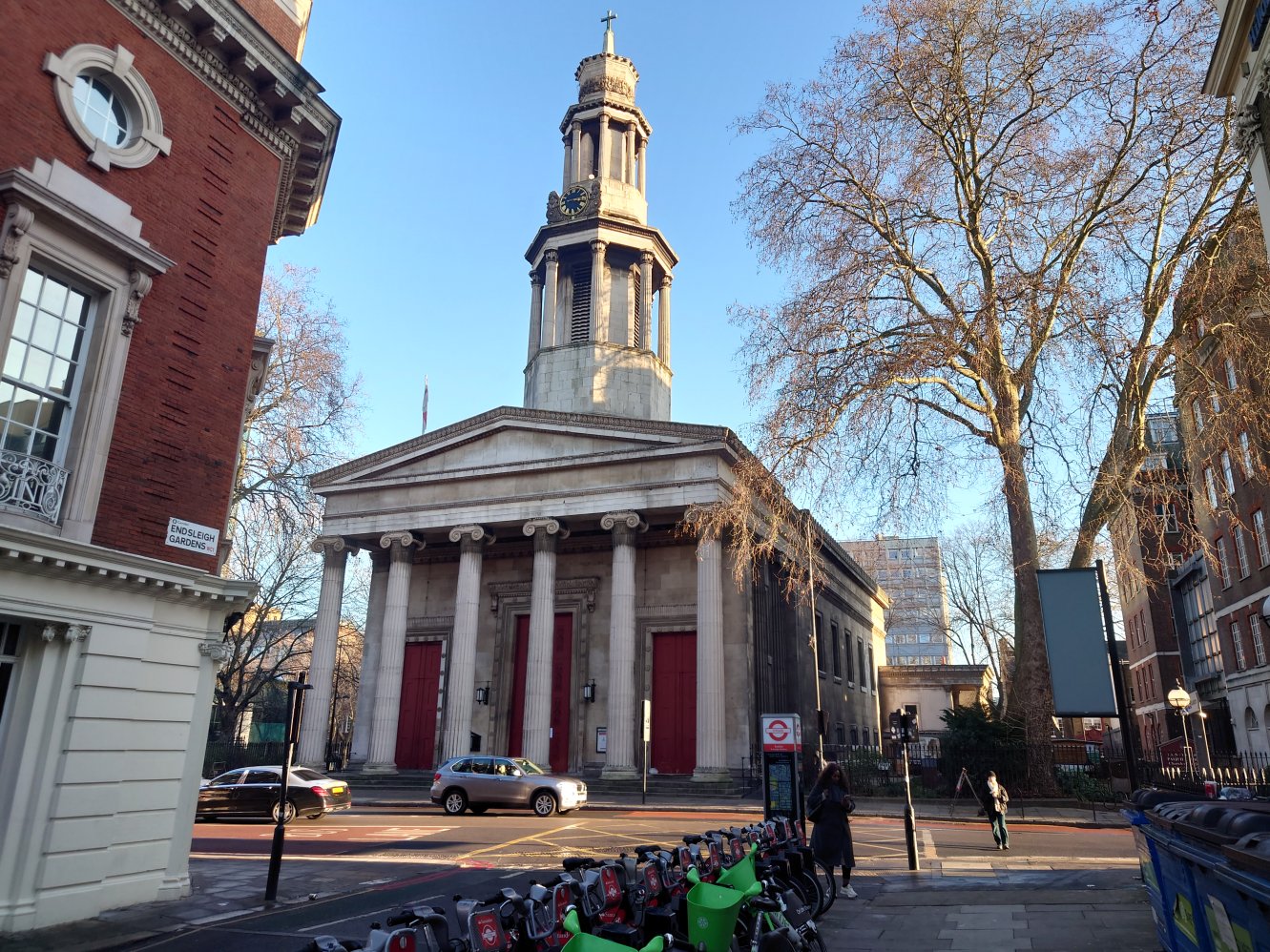
London. Saturday. January 21st. 2023.
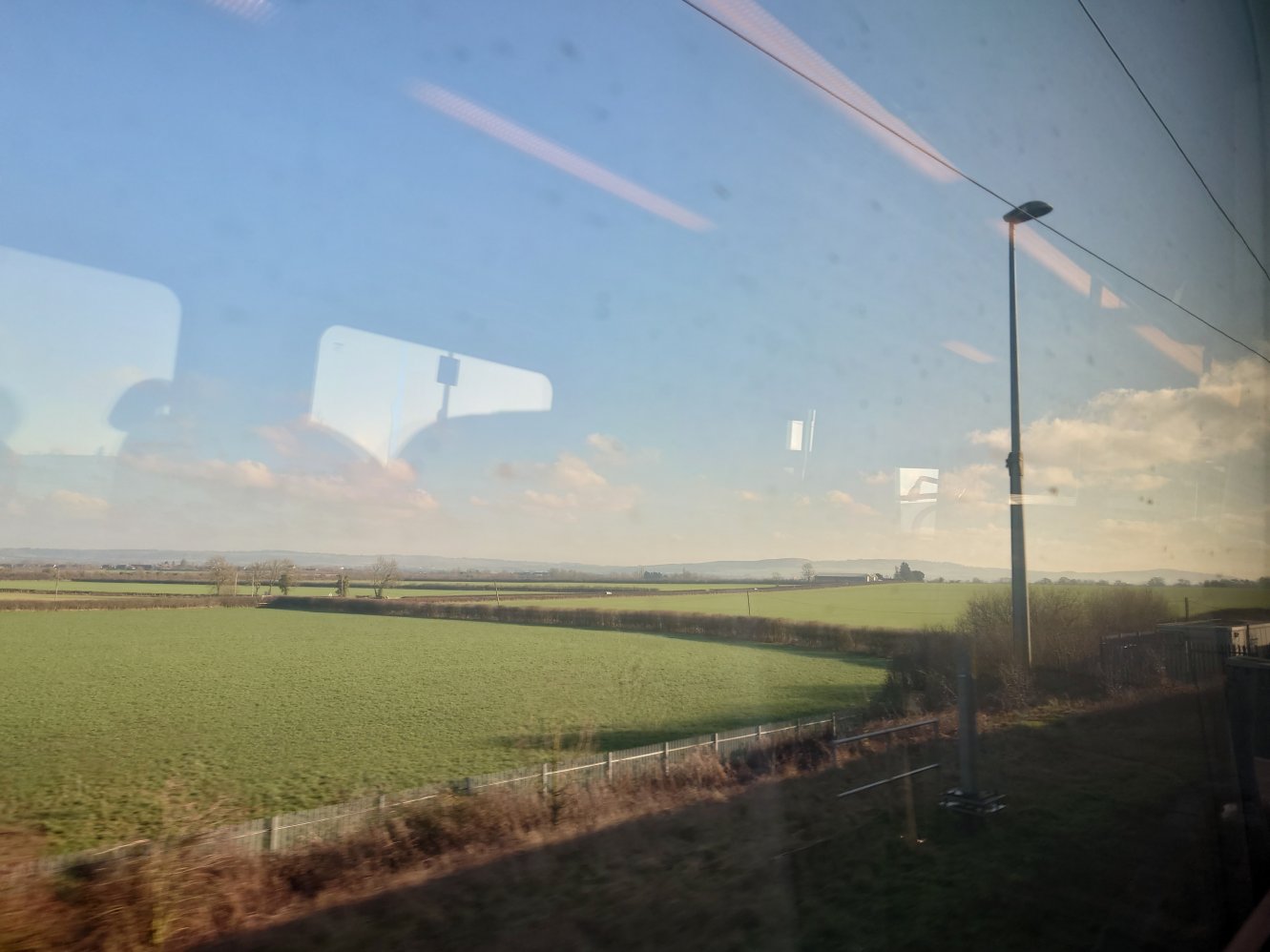
Coming back from Bletchley Park, January 21st.

Euston station, London.
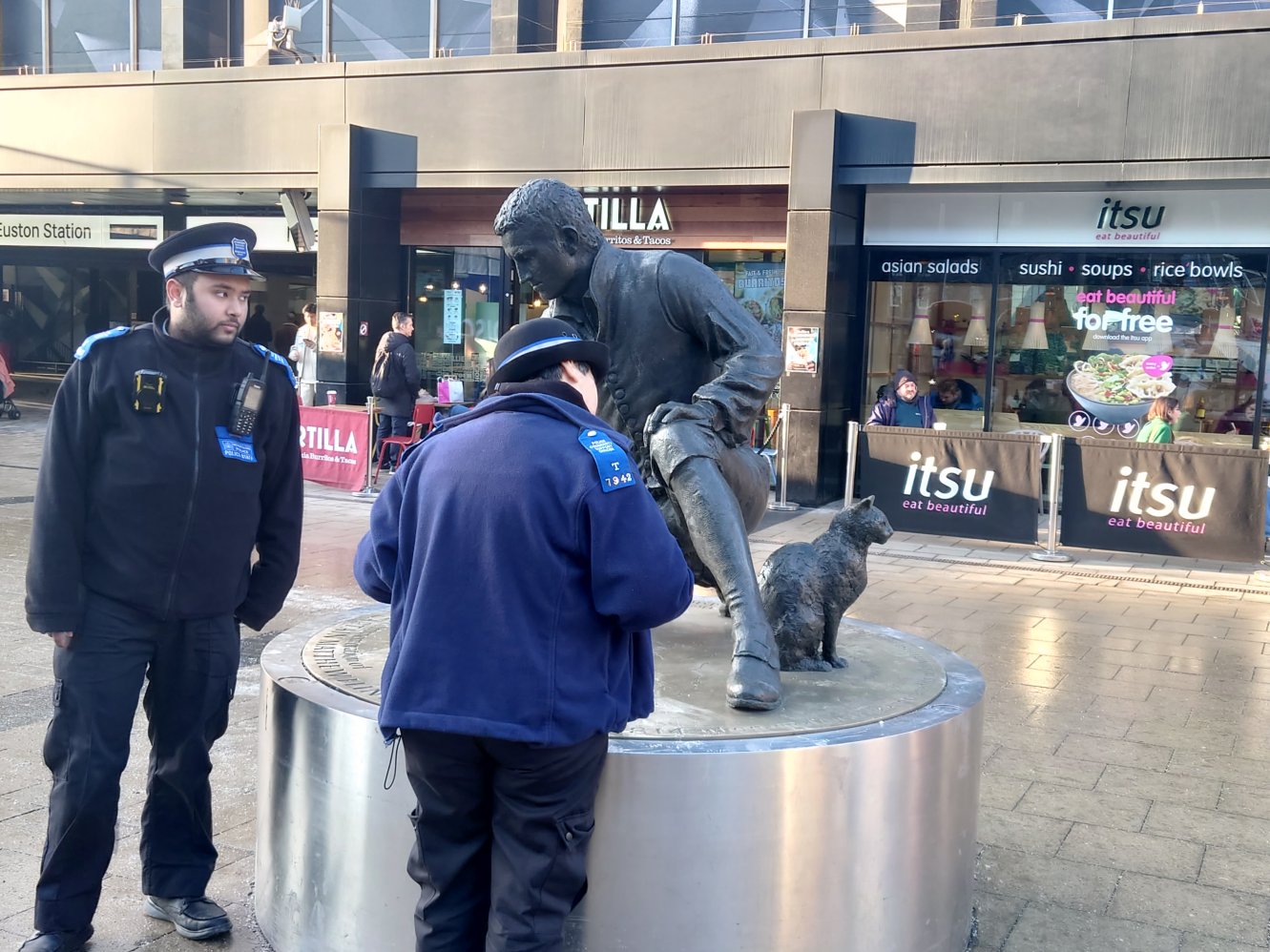
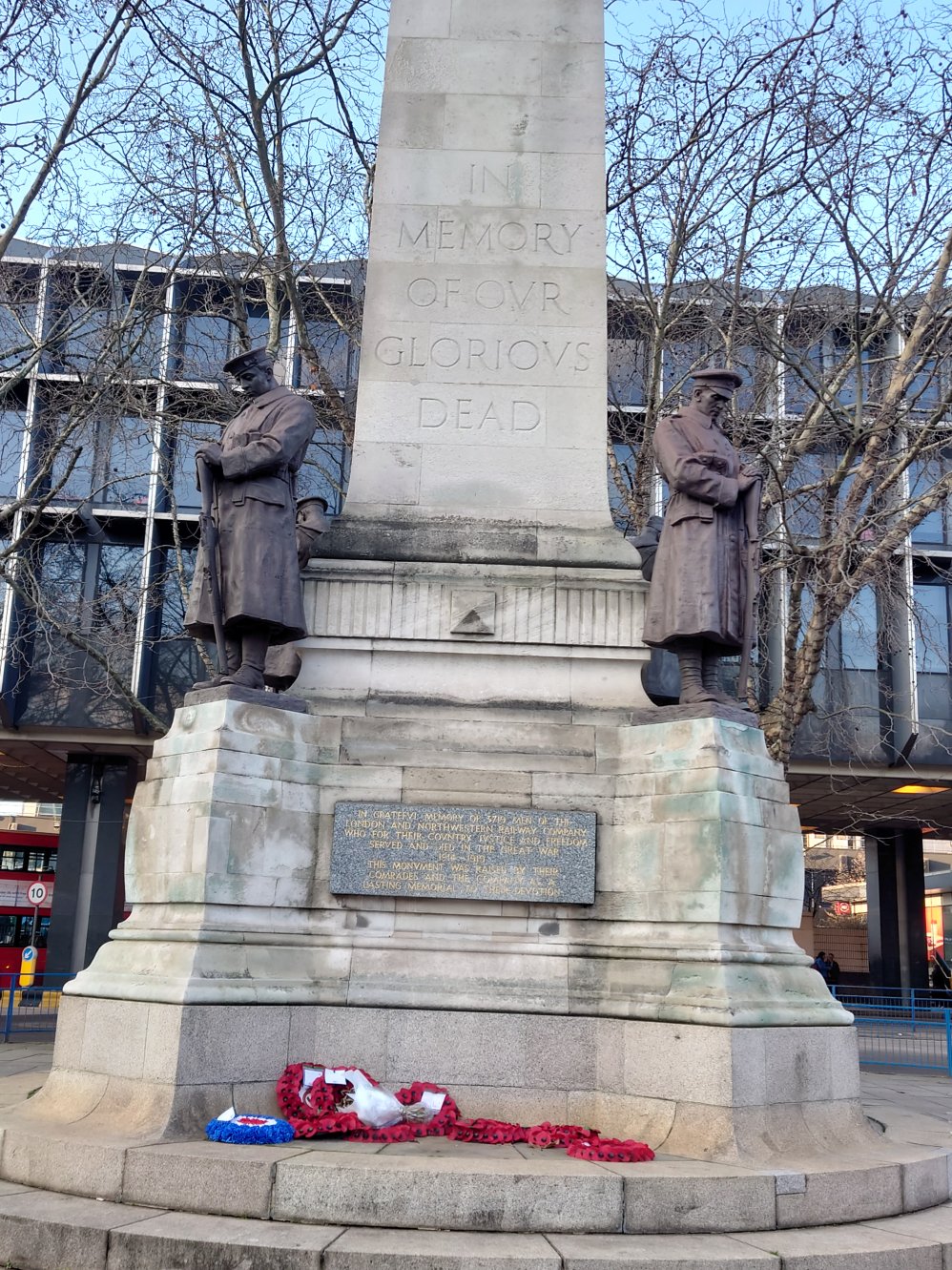
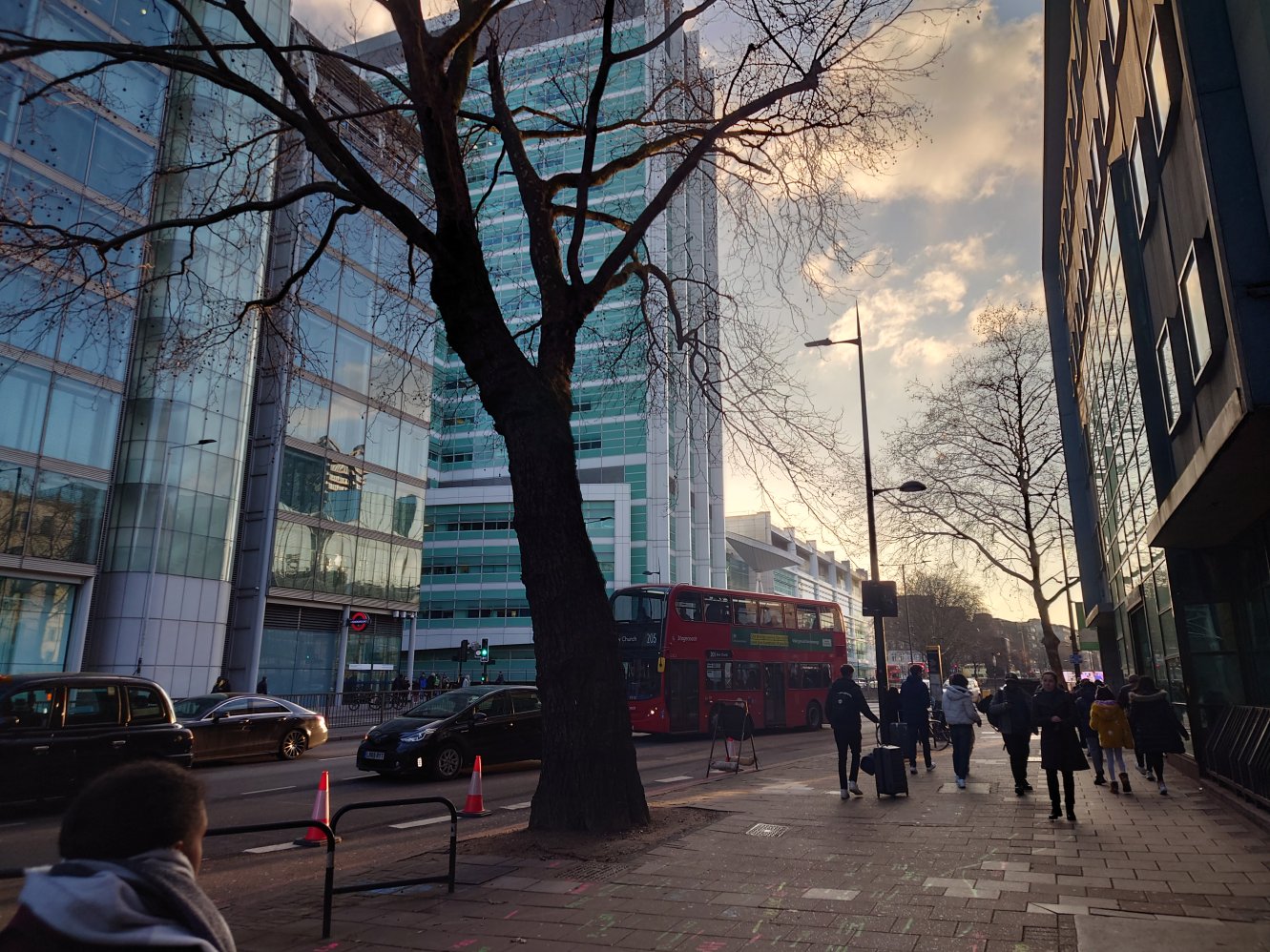

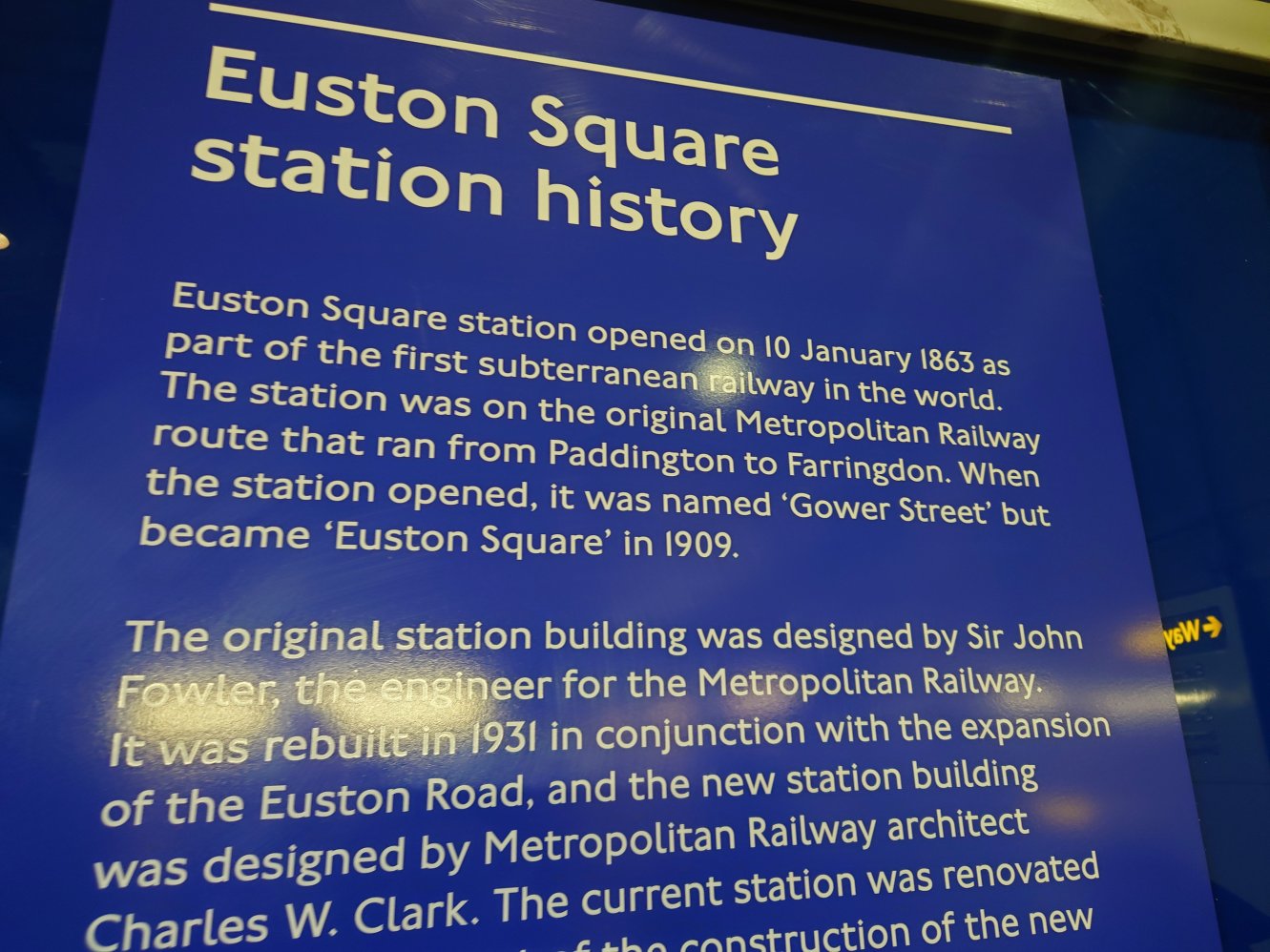
The Underground opened on 10 January 1863 [15].
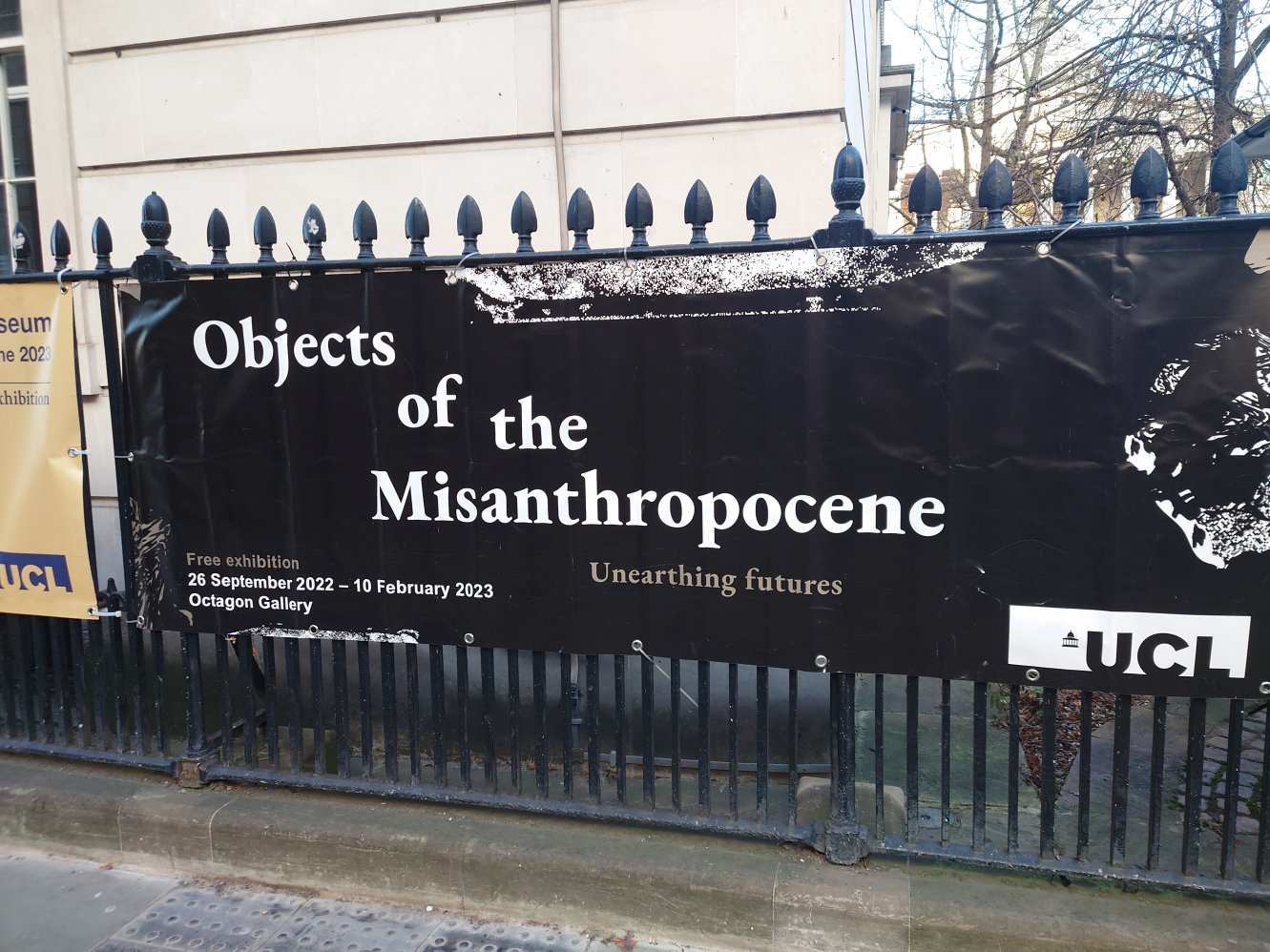
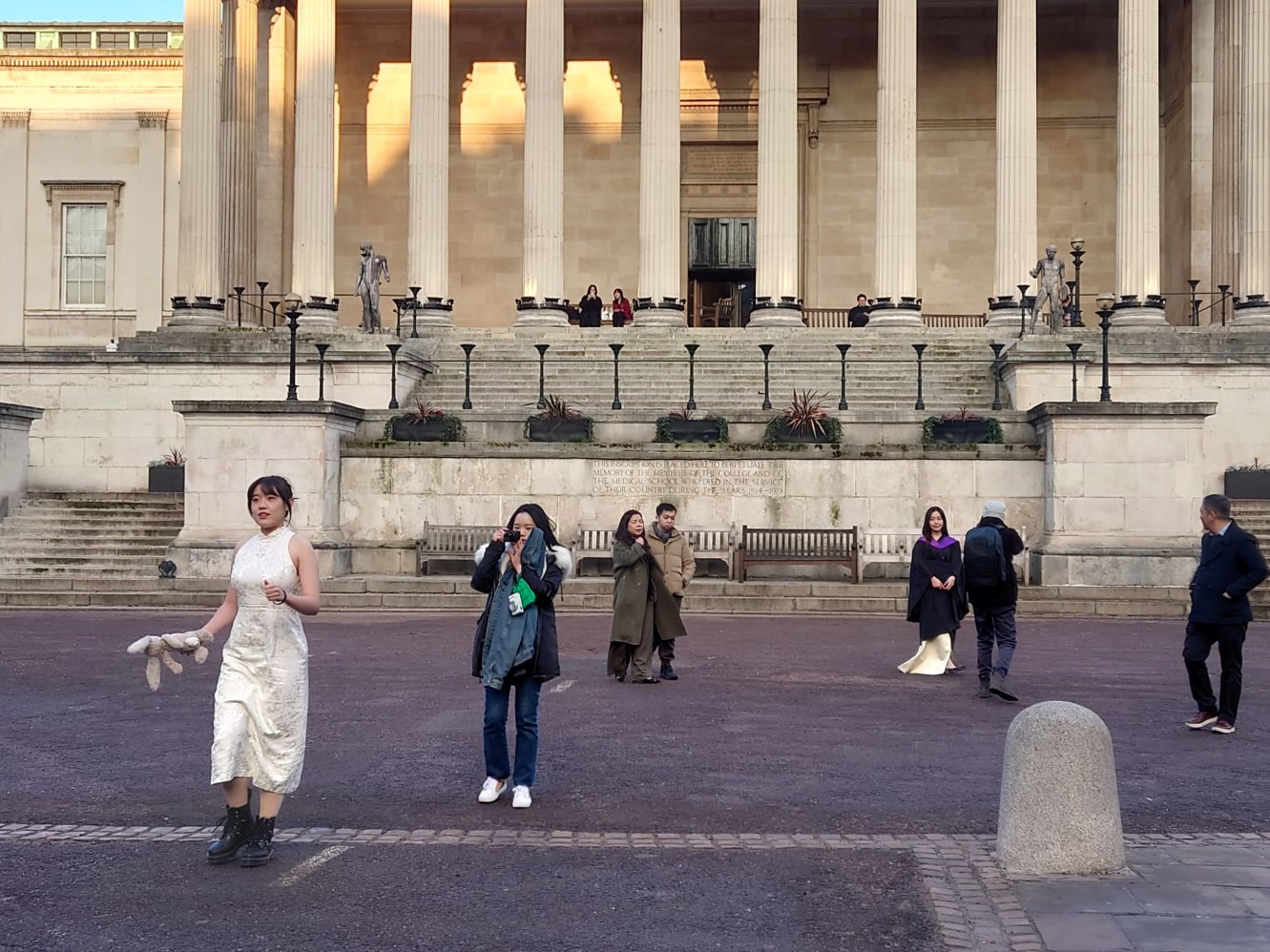
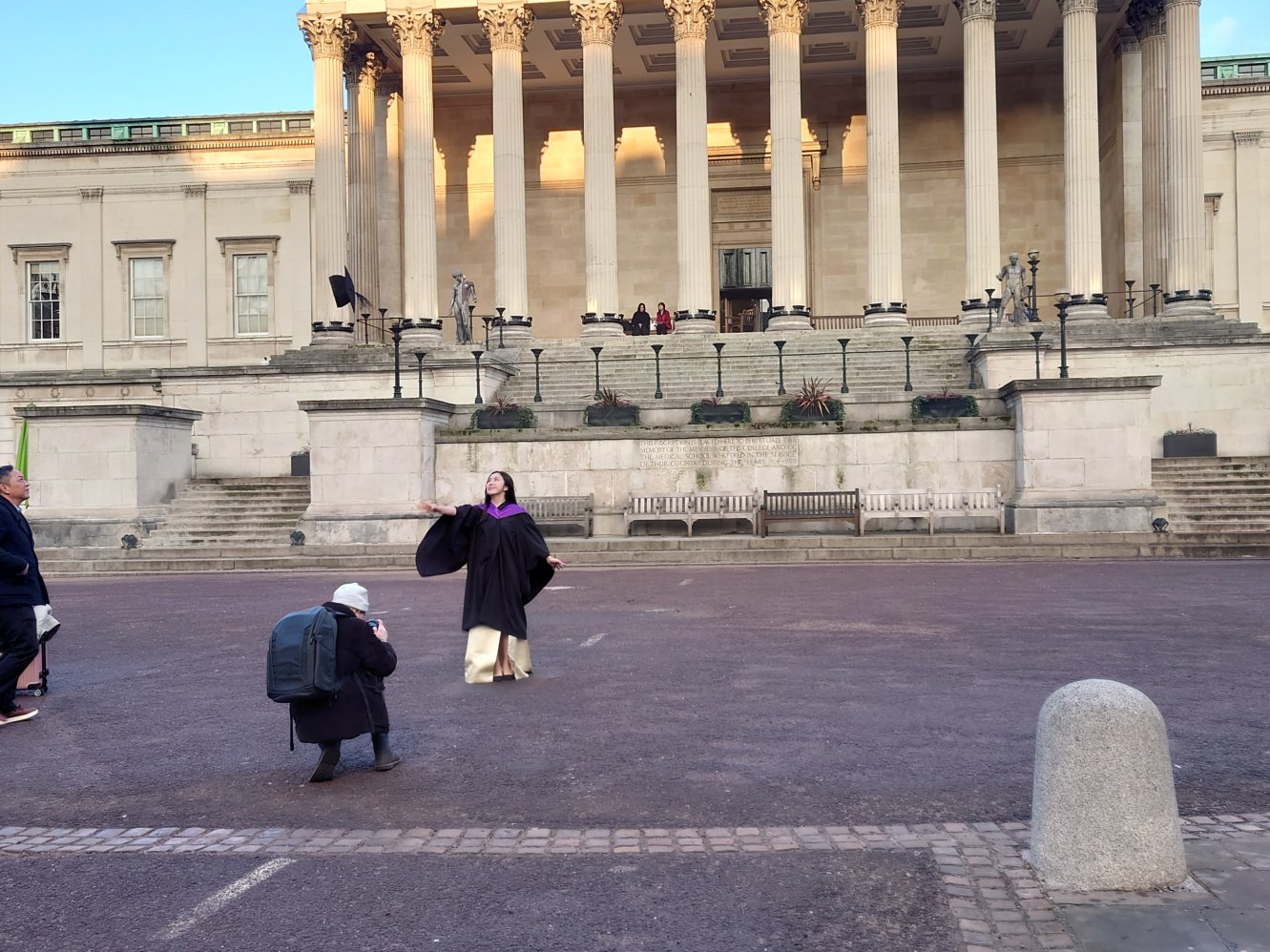
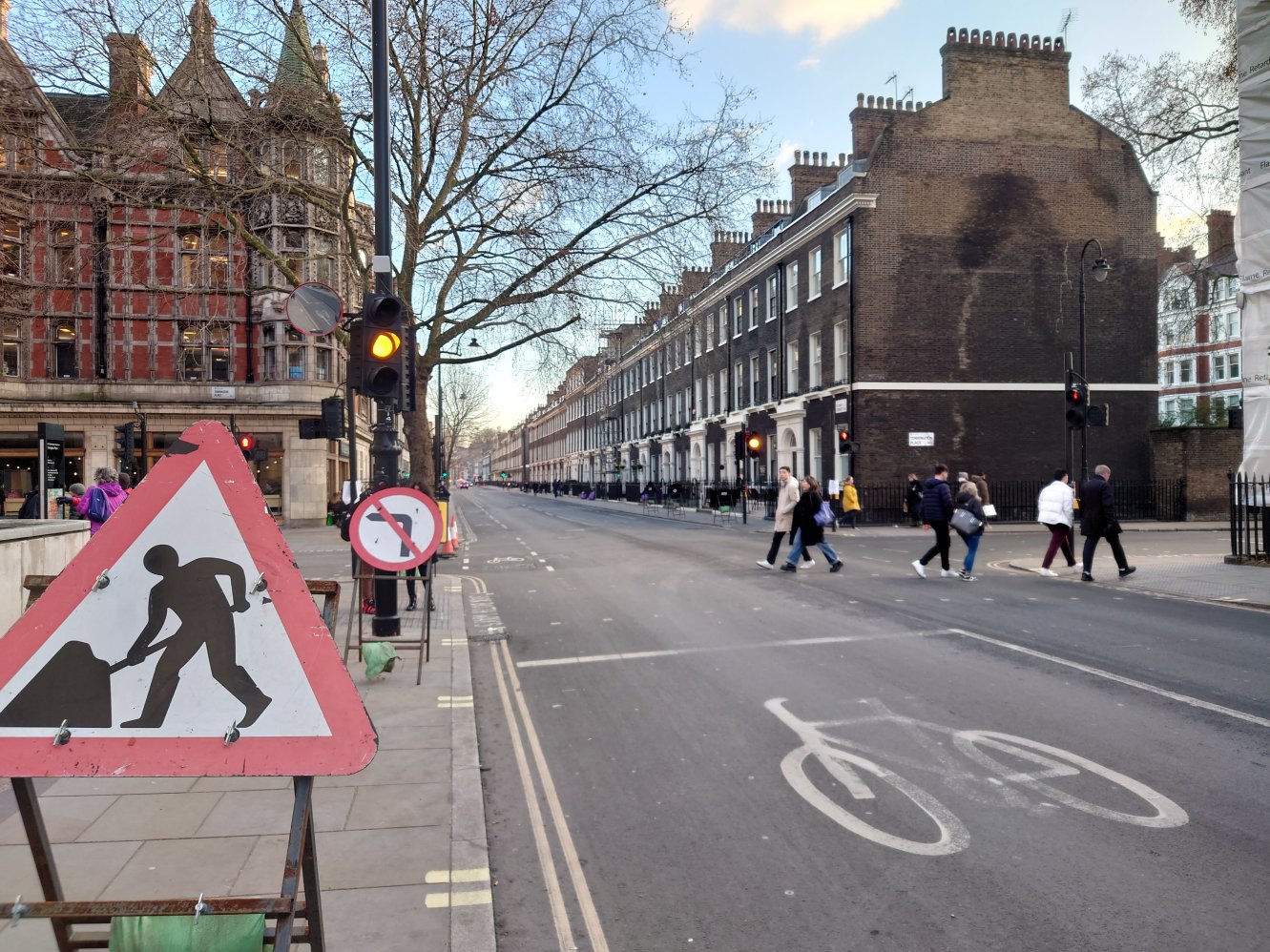
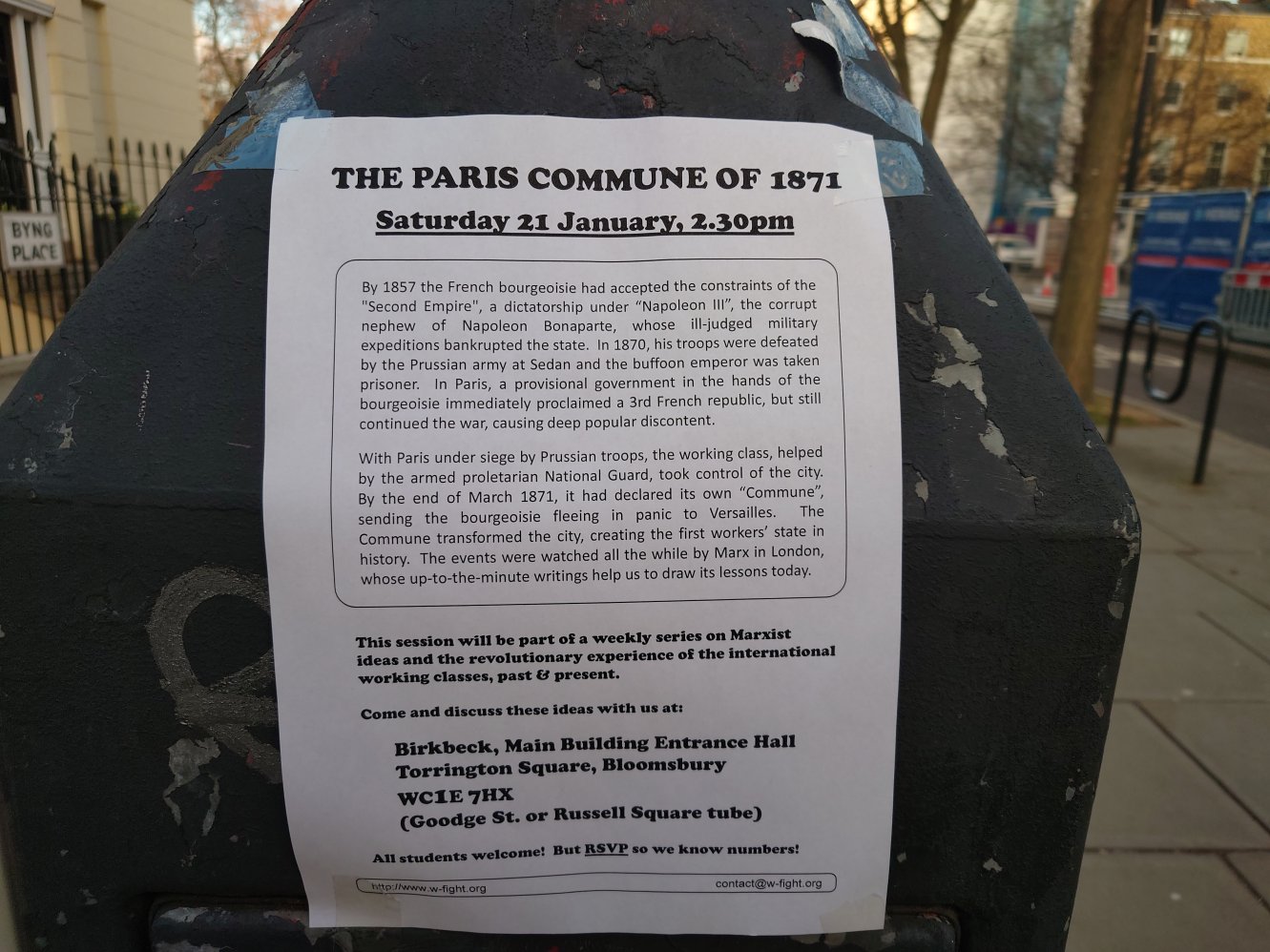



St. Pauls.

The Shard.
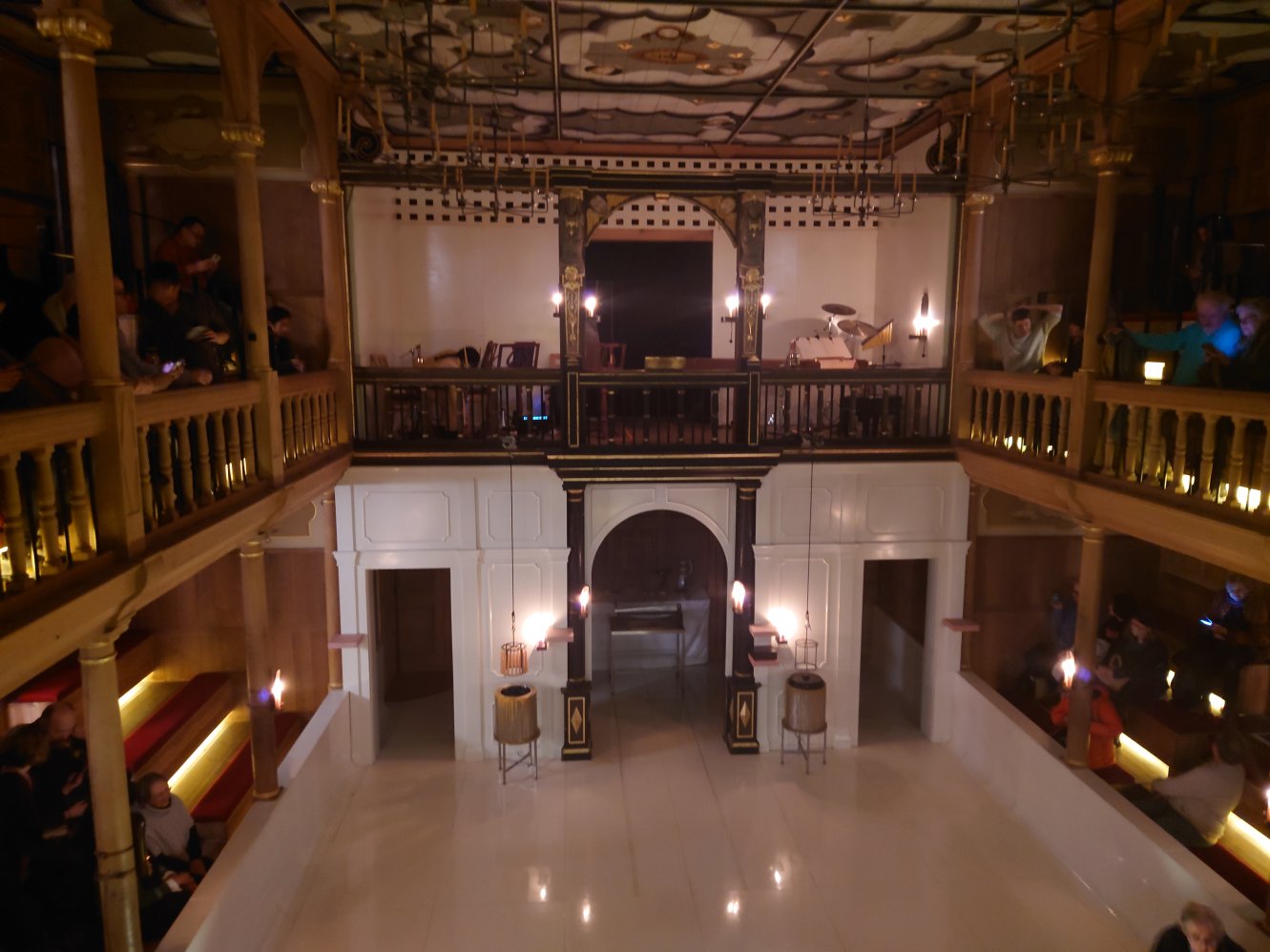
Sam Wanamaker Playhouse. Titus Andronicus by Shakespeare.
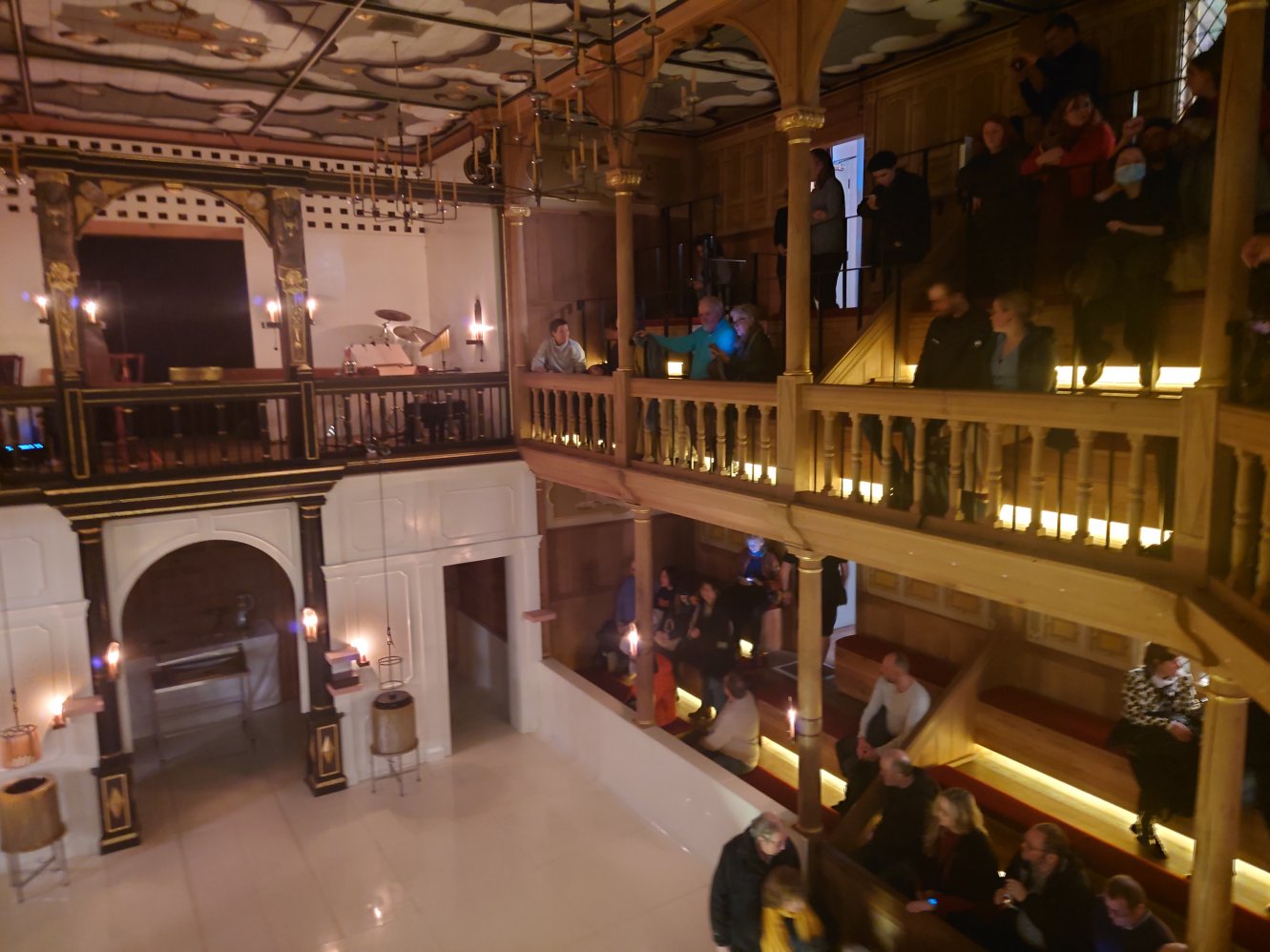
Sam Wanamaker Playhouse. Titus Andronicus by Shakespeare.
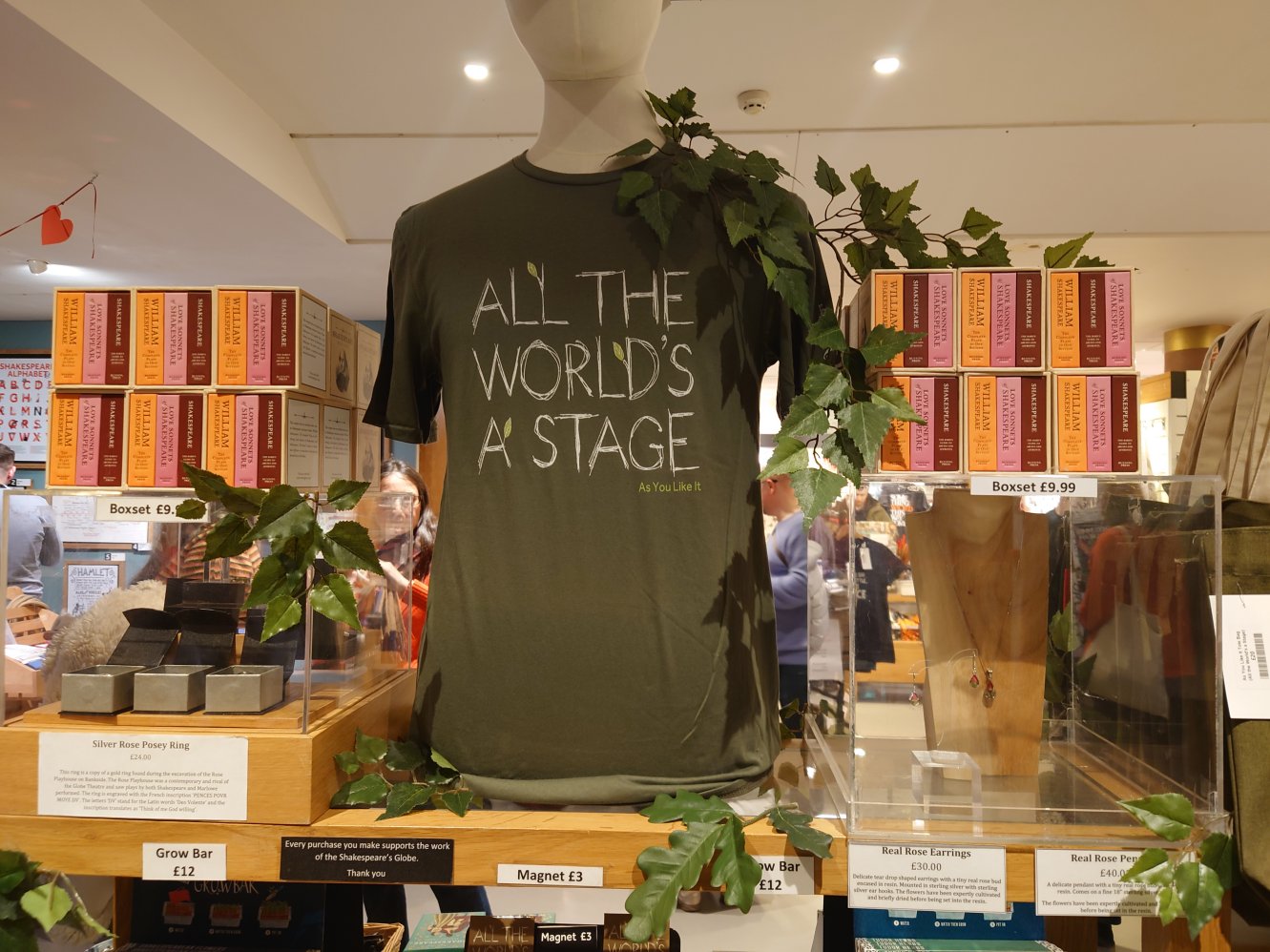



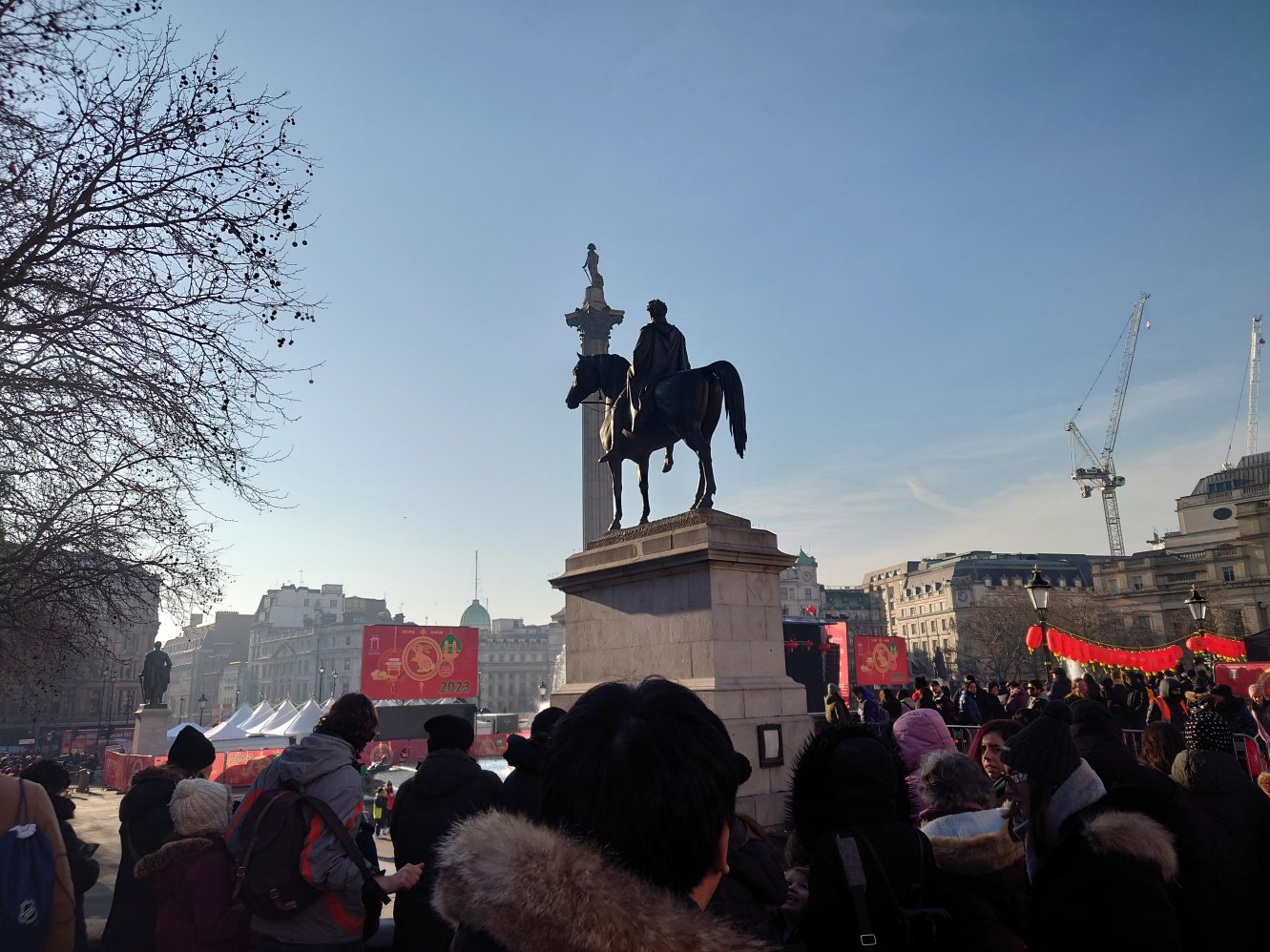
Trafalgar Square. Chinese New Year.
January 22nd.
The year of the Rabbit: Youtube Video.


Monument.
A permanent reminder of the Great Fire of 1666.

The Shard.

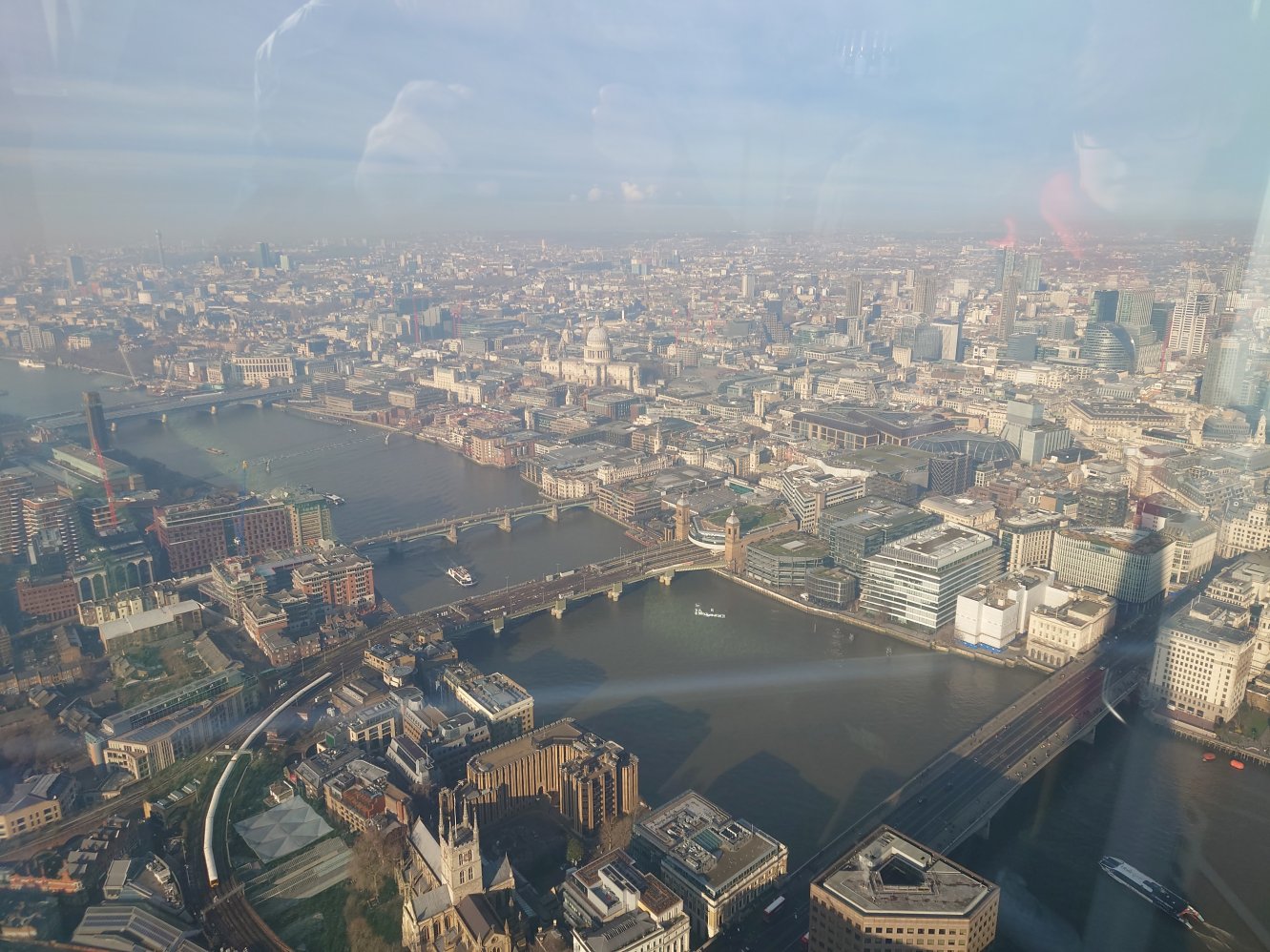



Tower of London on the north bank of the River Thames.
The White Tower, which gives the entire castle its name,
was built by William the Conqueror in 1078
and was a resented symbol of oppression.
Executed within the Tower complex (among others):
King Henry VIII's wives Anne Boleyn (1536) and Catherine Howard (1542).












Prince Harry, Spare.

After a weekend of reports suggesting cronyism,
on Monday, Sharp emailed BBC staff denying he had been involved in making a loan to Johnson [16].
When Boris Johnson was prime minister,
he was offered a loan of up to £800,000 to top up his income.
During his time at Number 10, there was speculation Mr Johnson was short of cash
to cover childcare and divorce costs, among other bills [17].

Chinese New Year tree.

Chinese New Year tree.

The weather. January 22nd.

Flying home.


-Simon
Simon Laub (Let me Google that for you).
www.simonlaub.net




































































































































